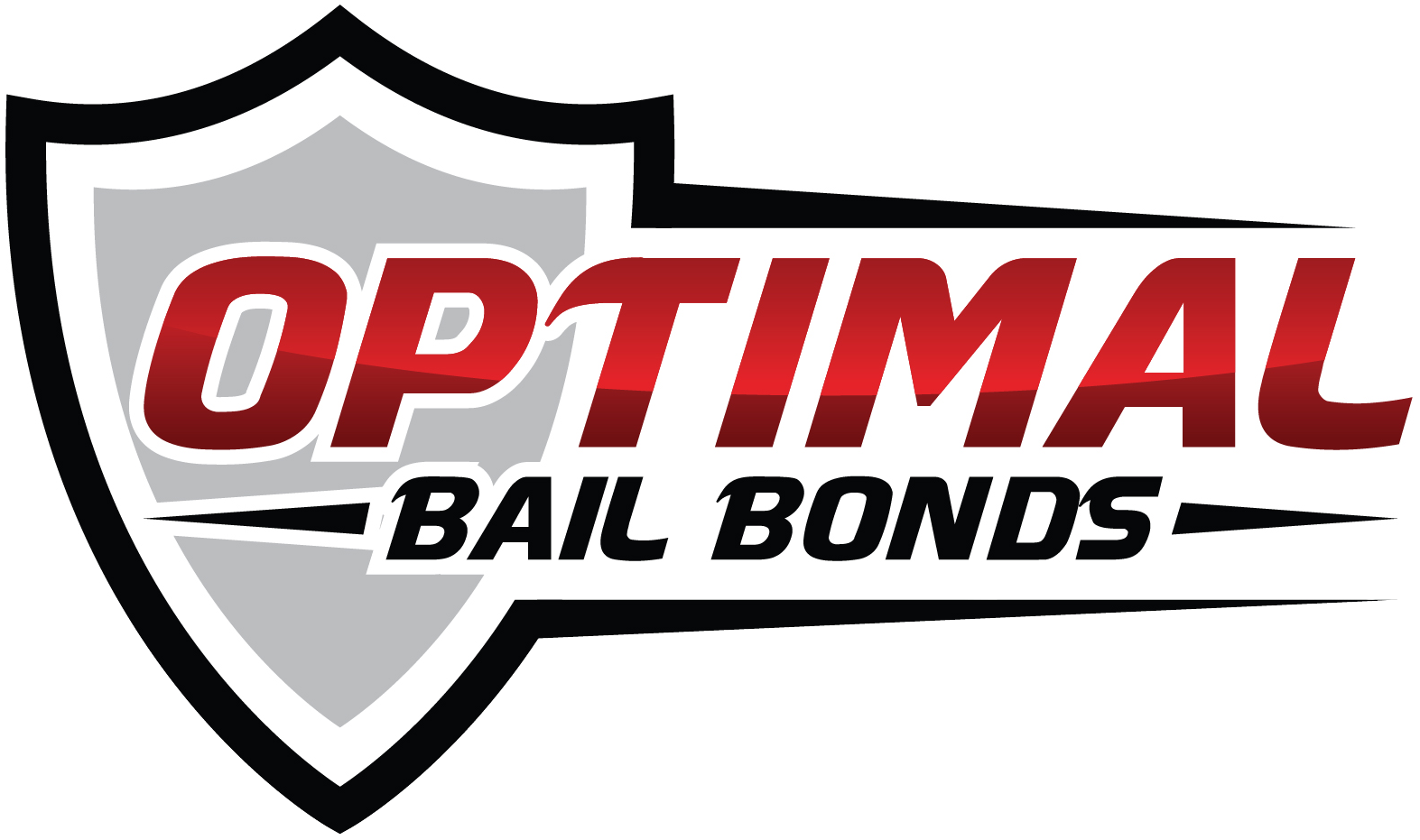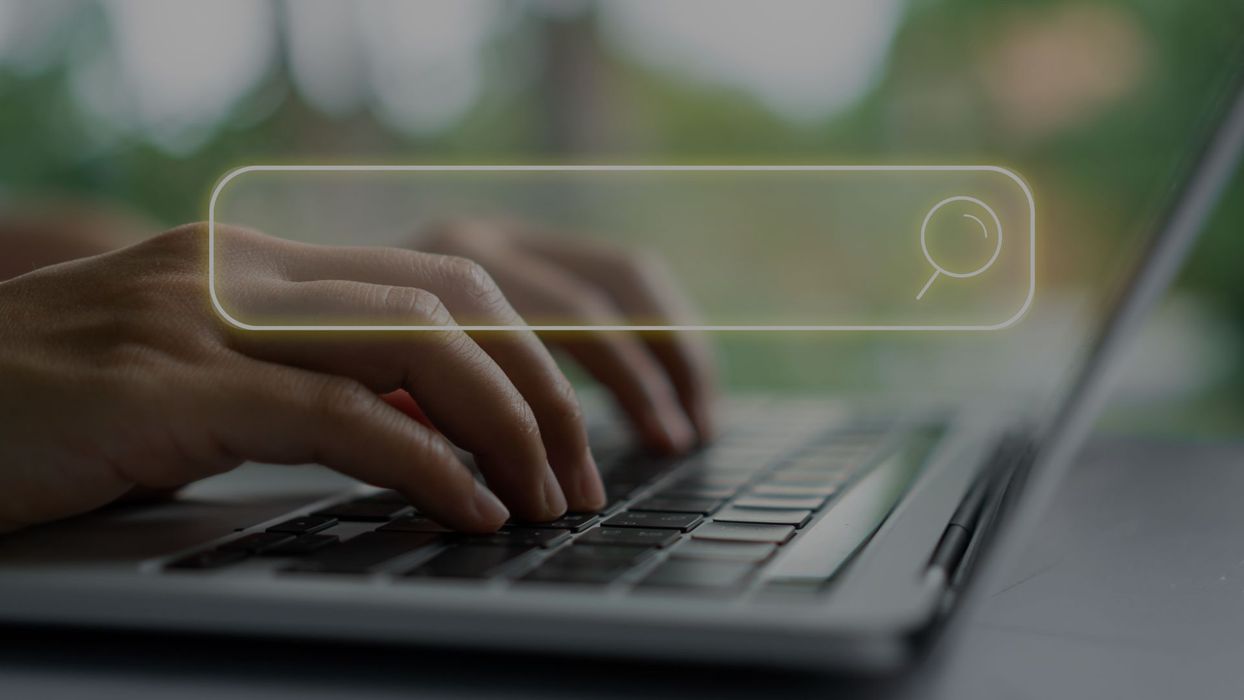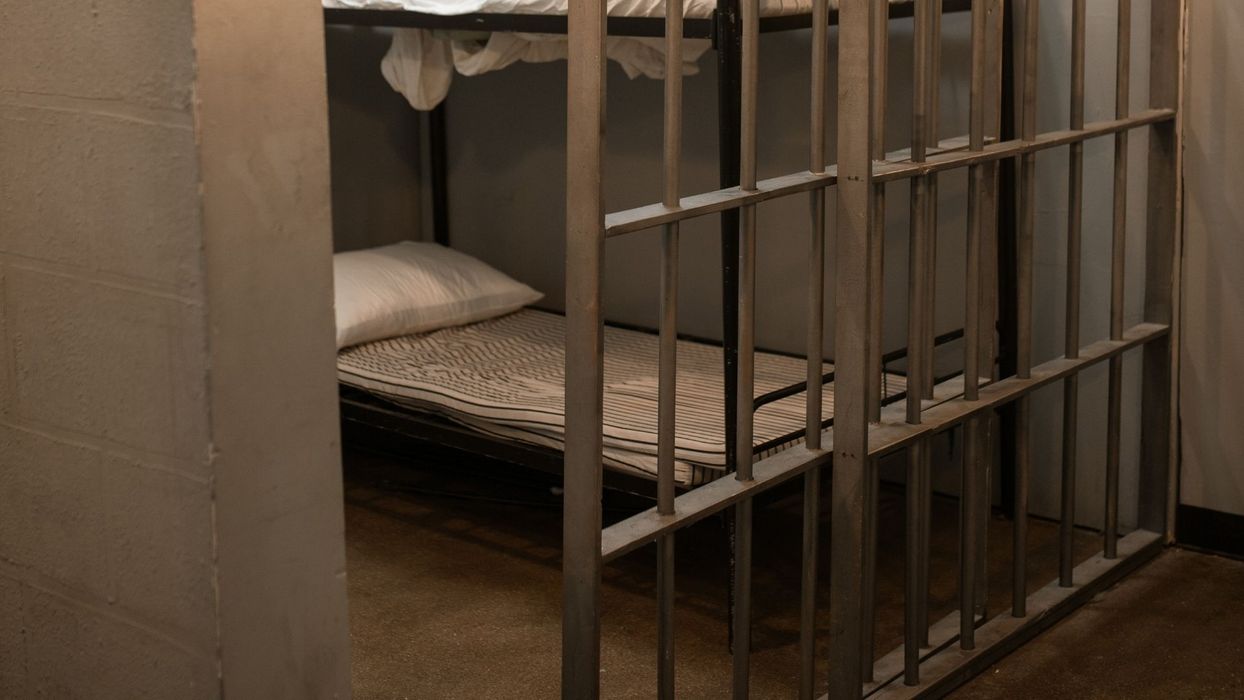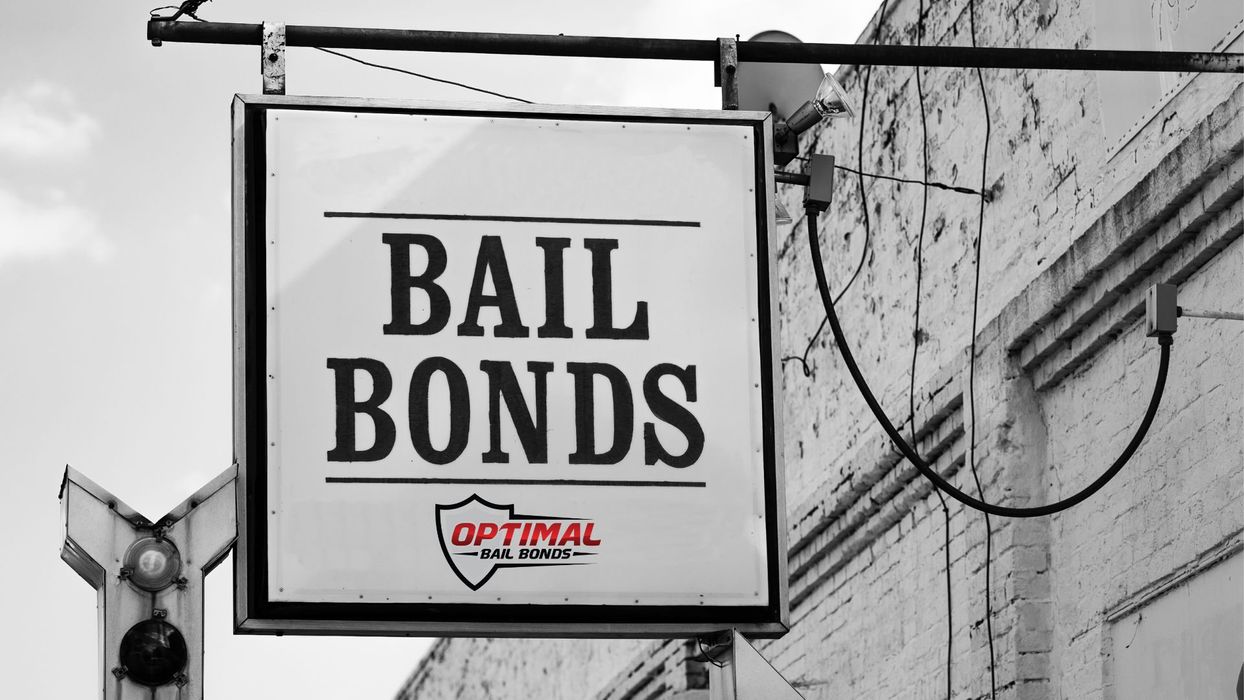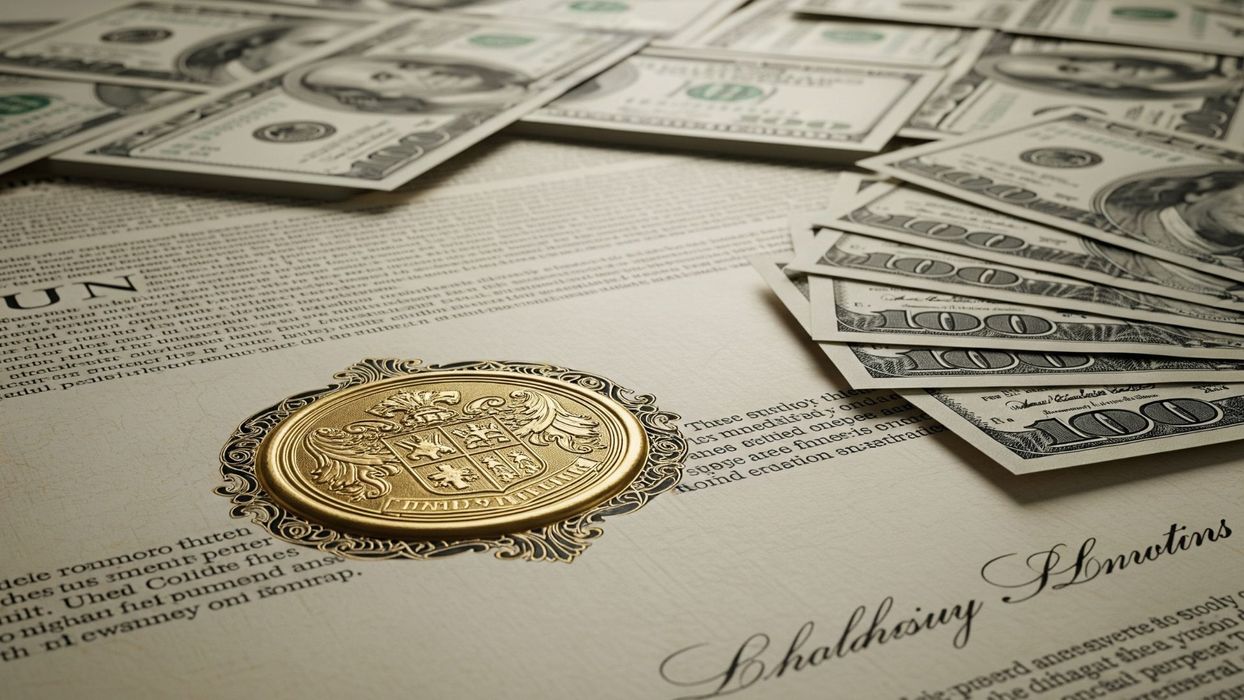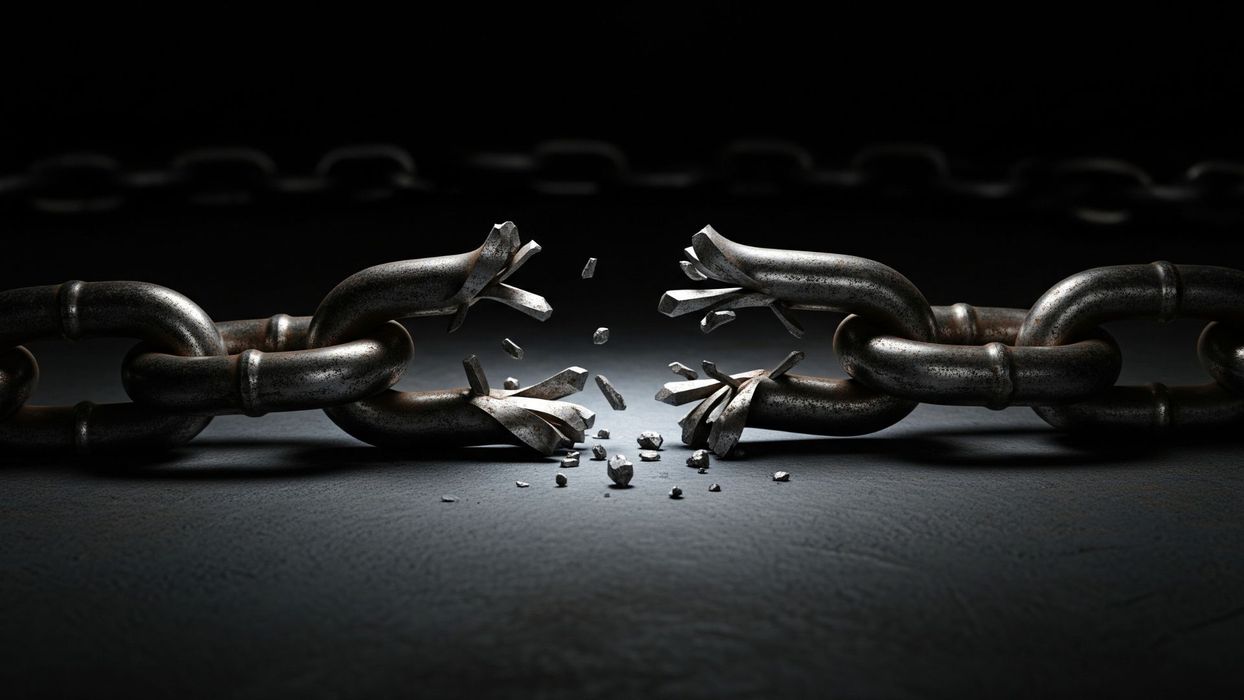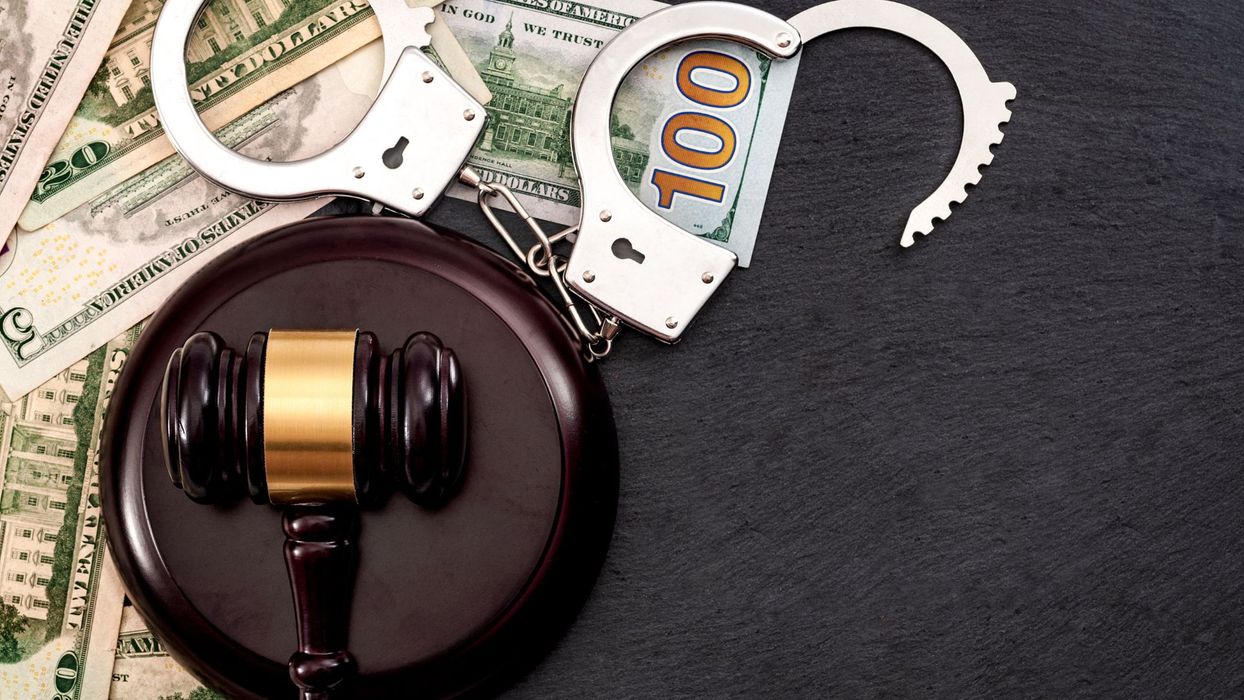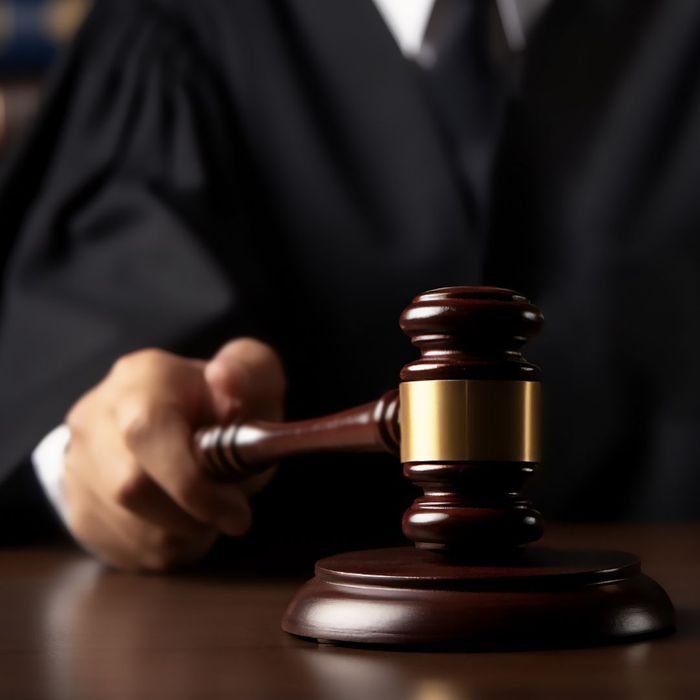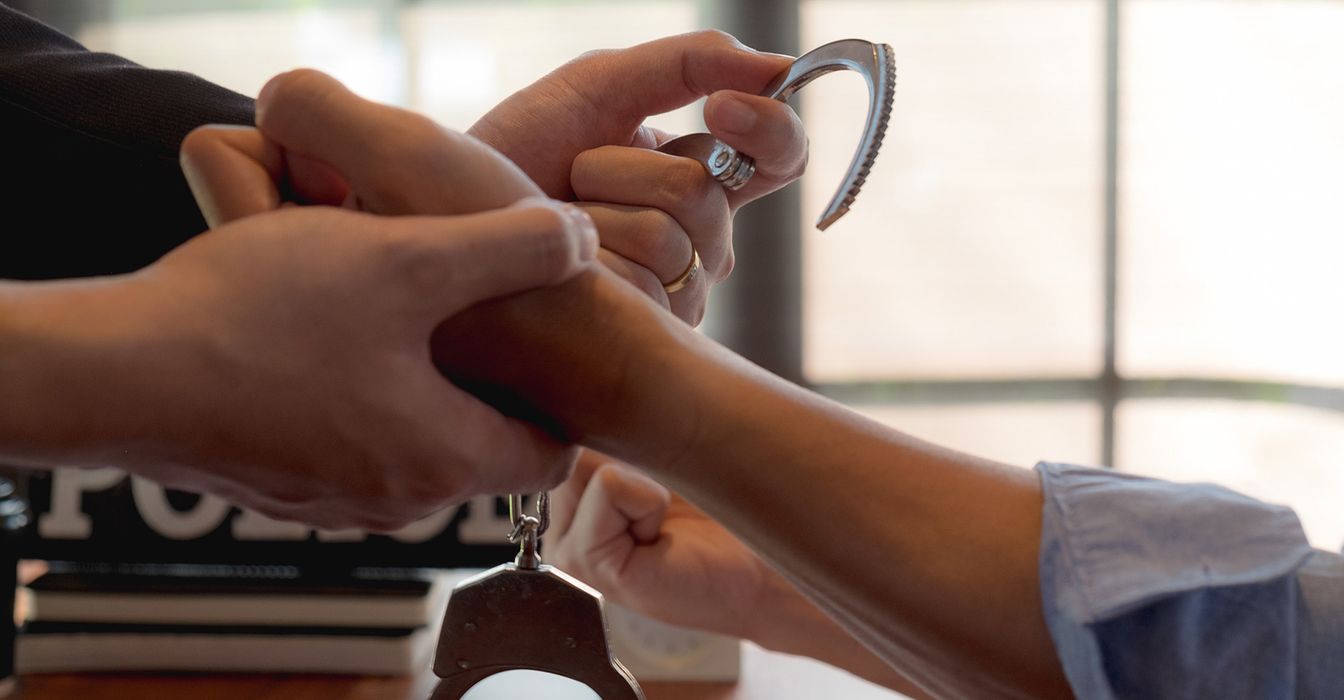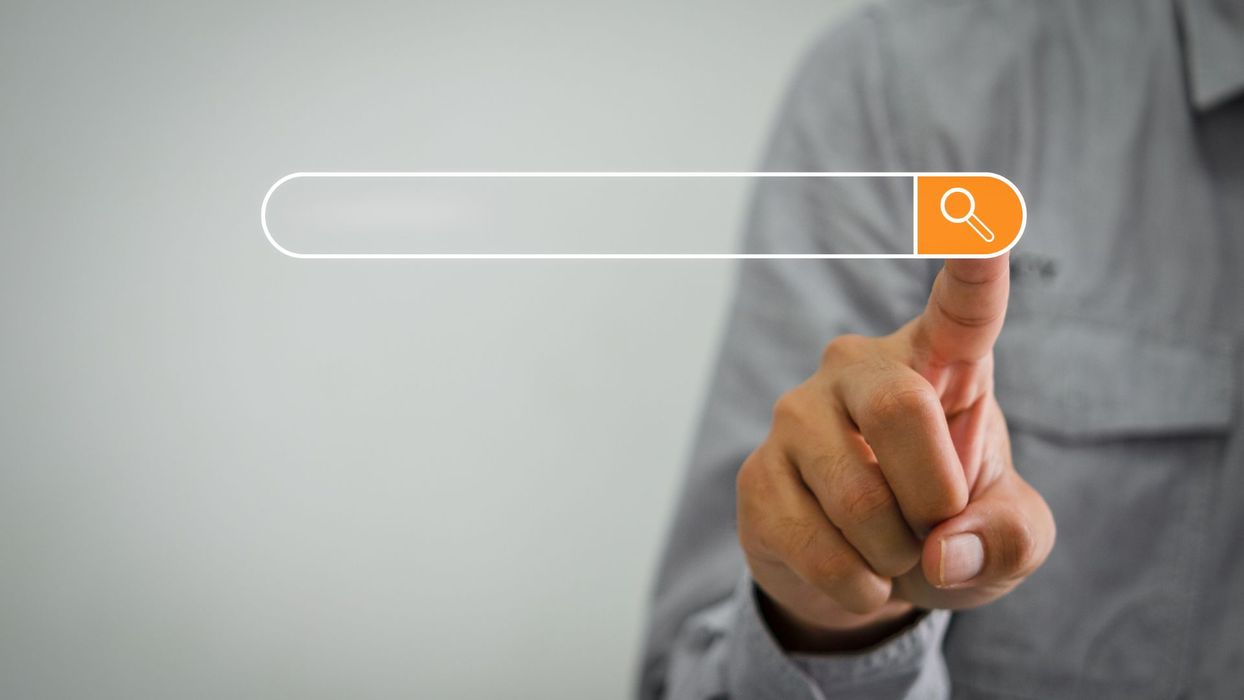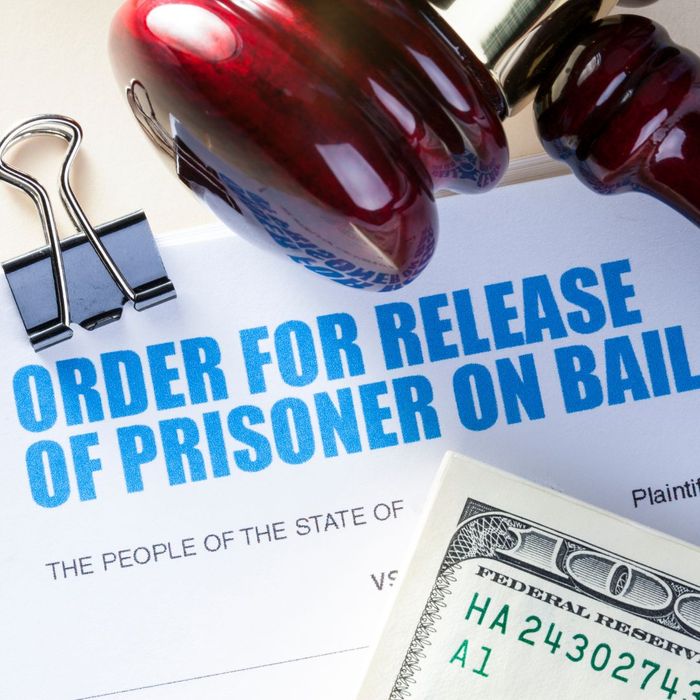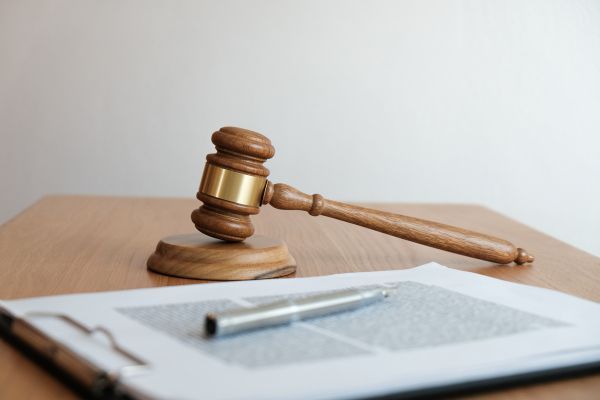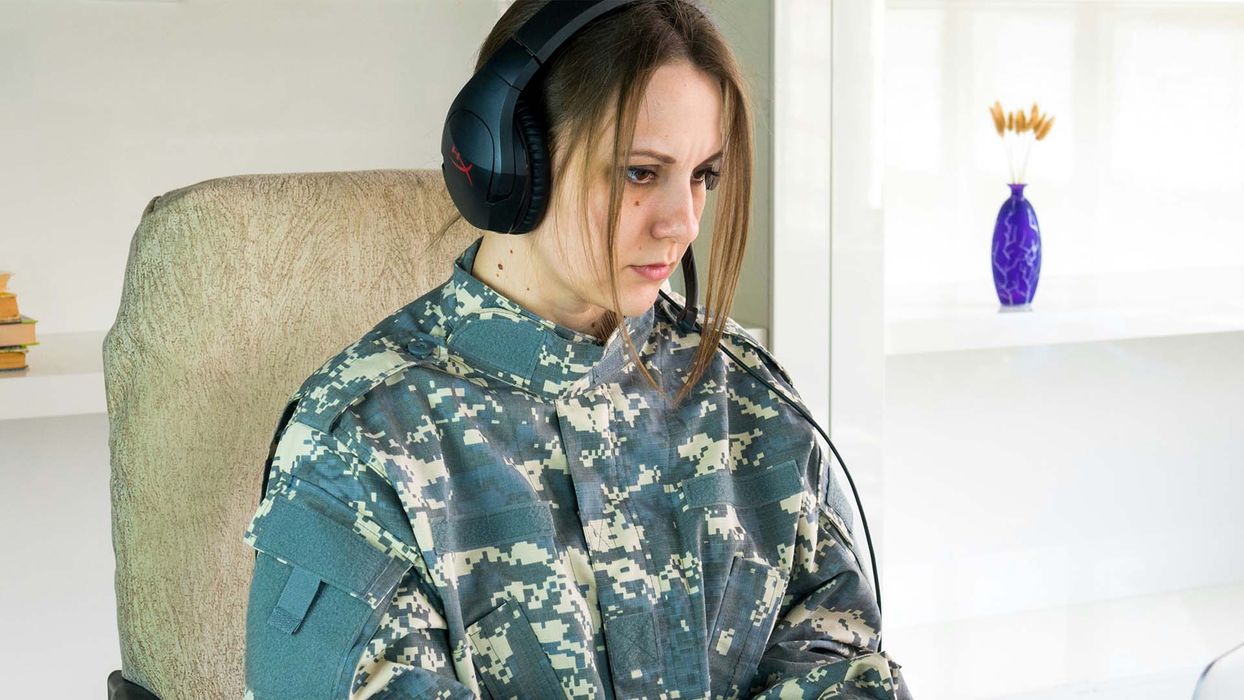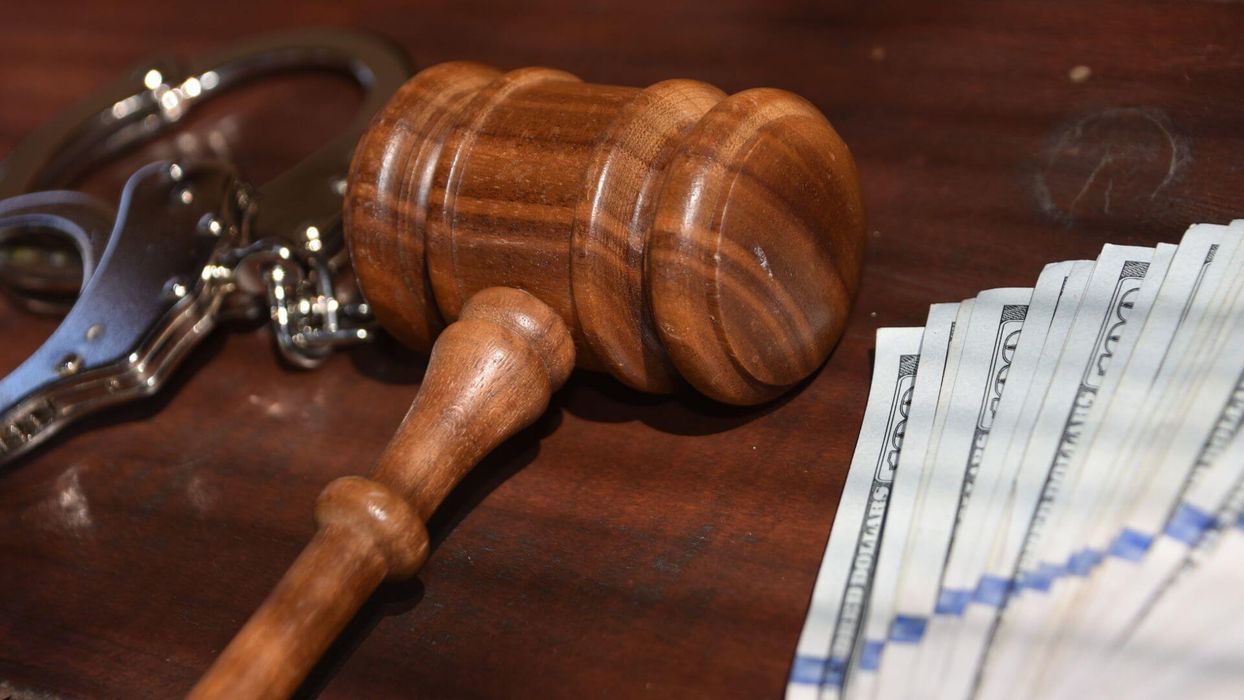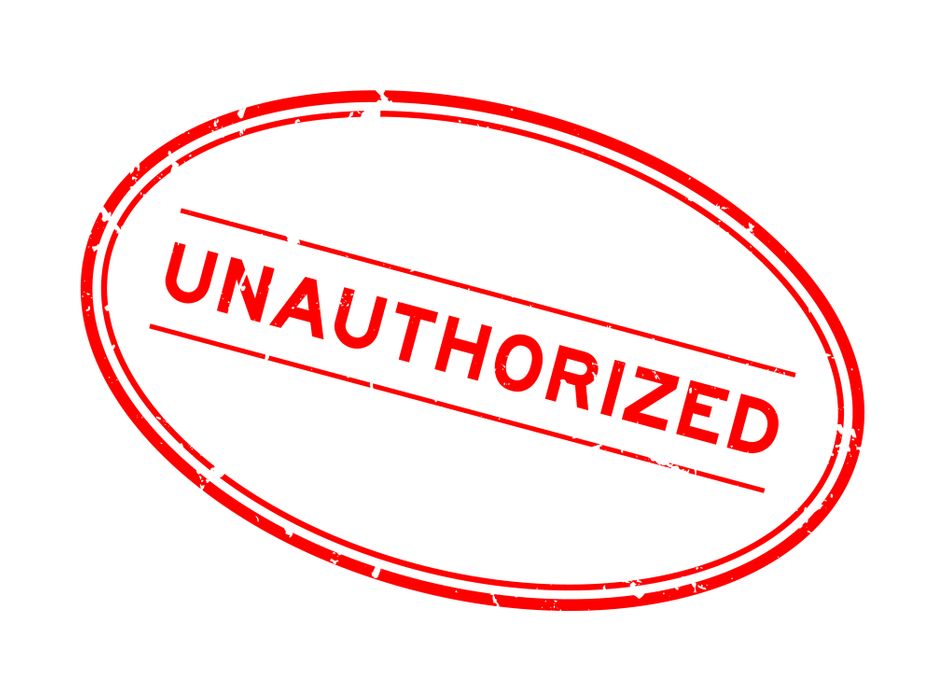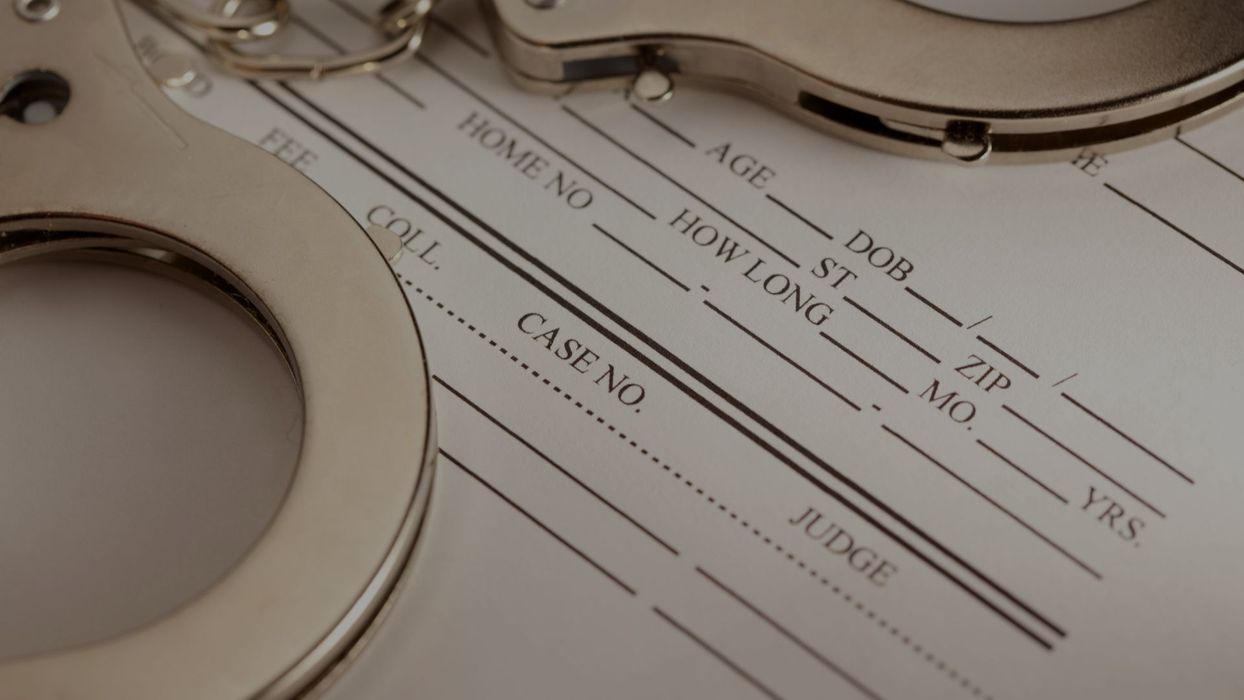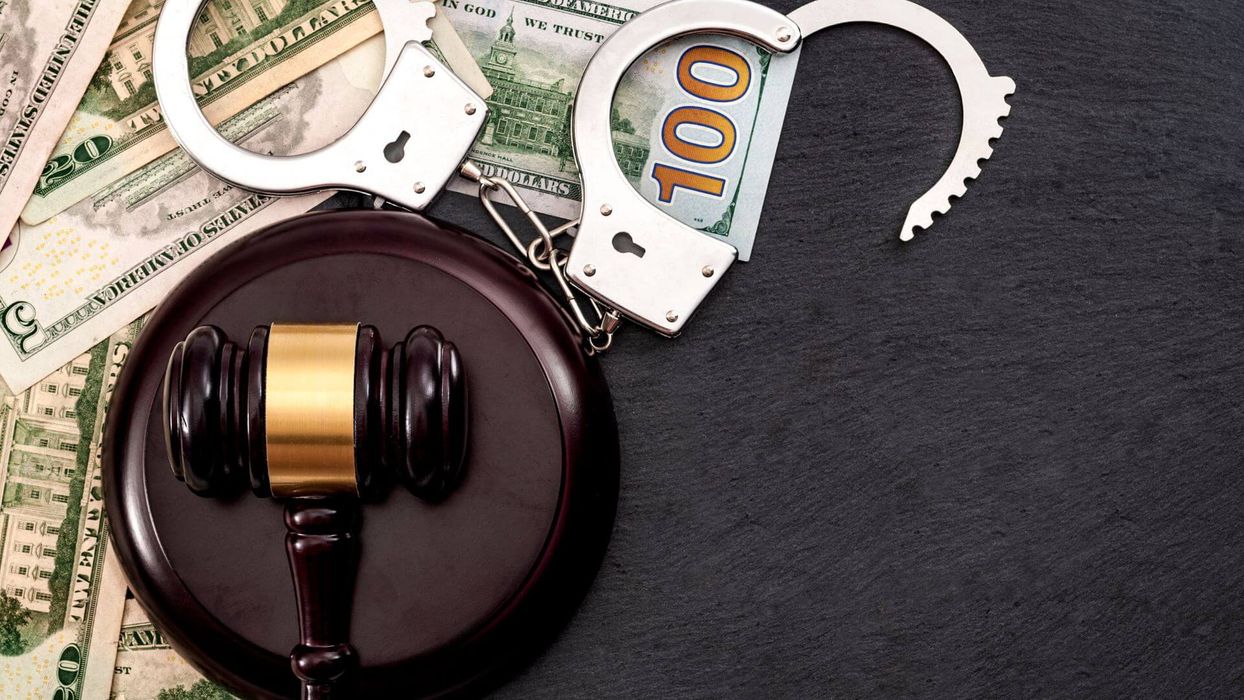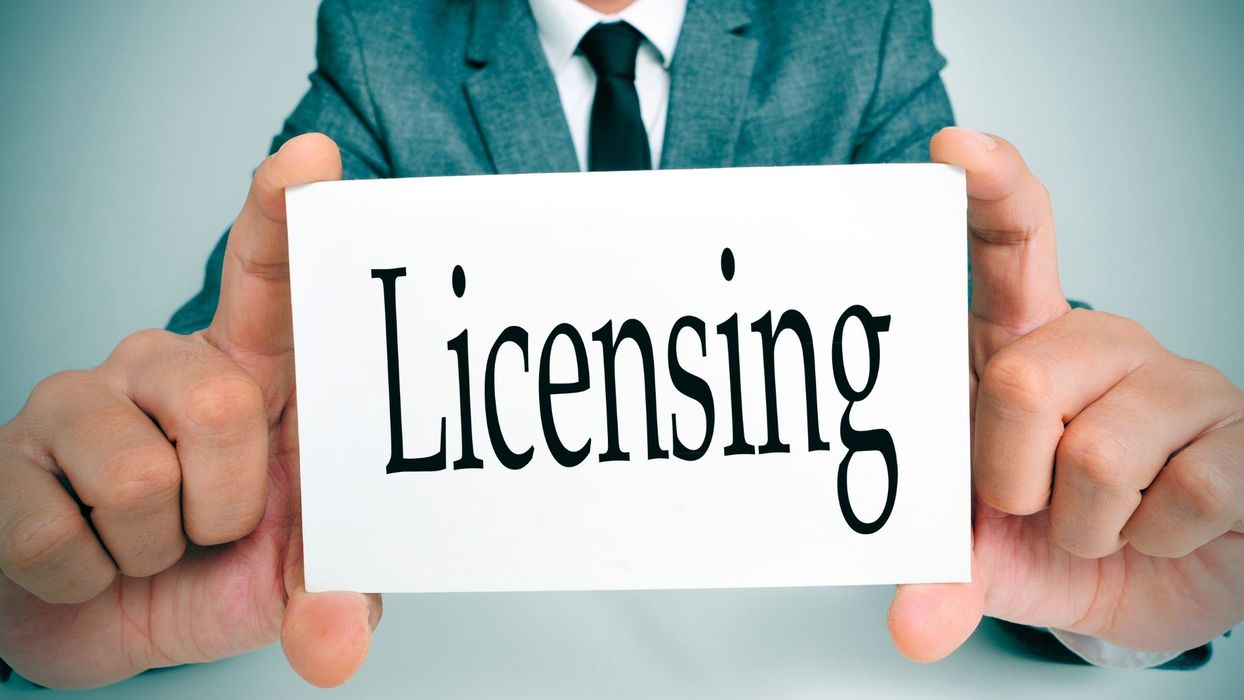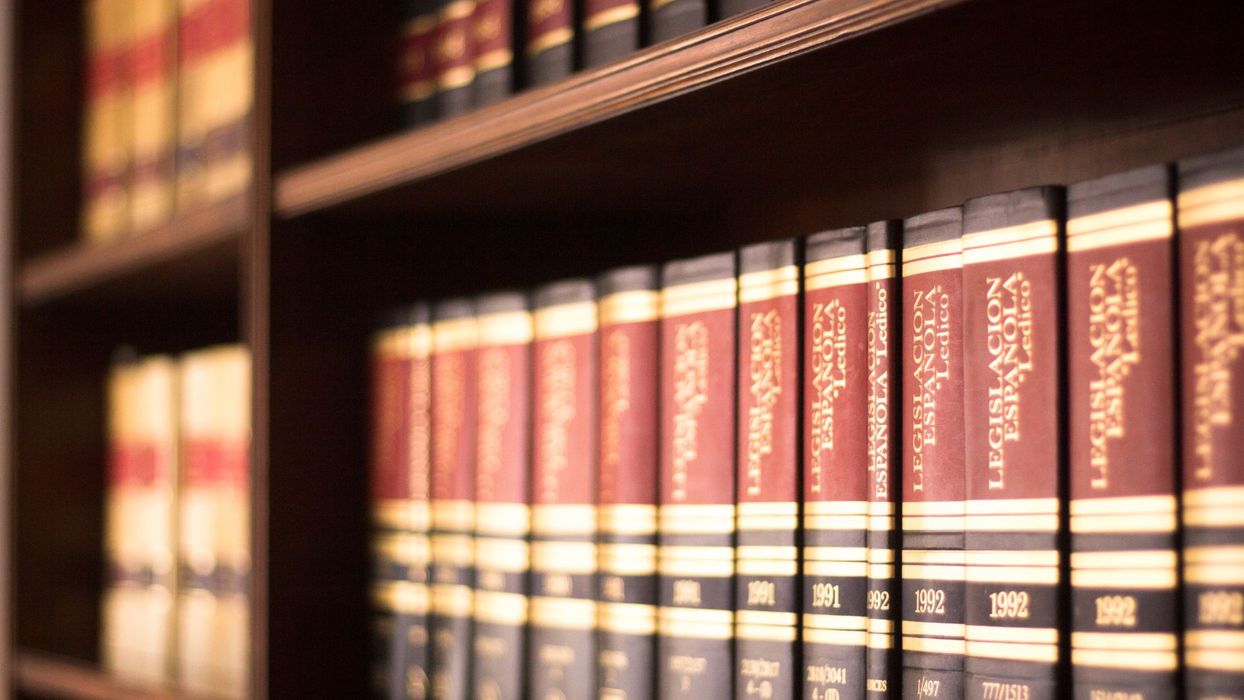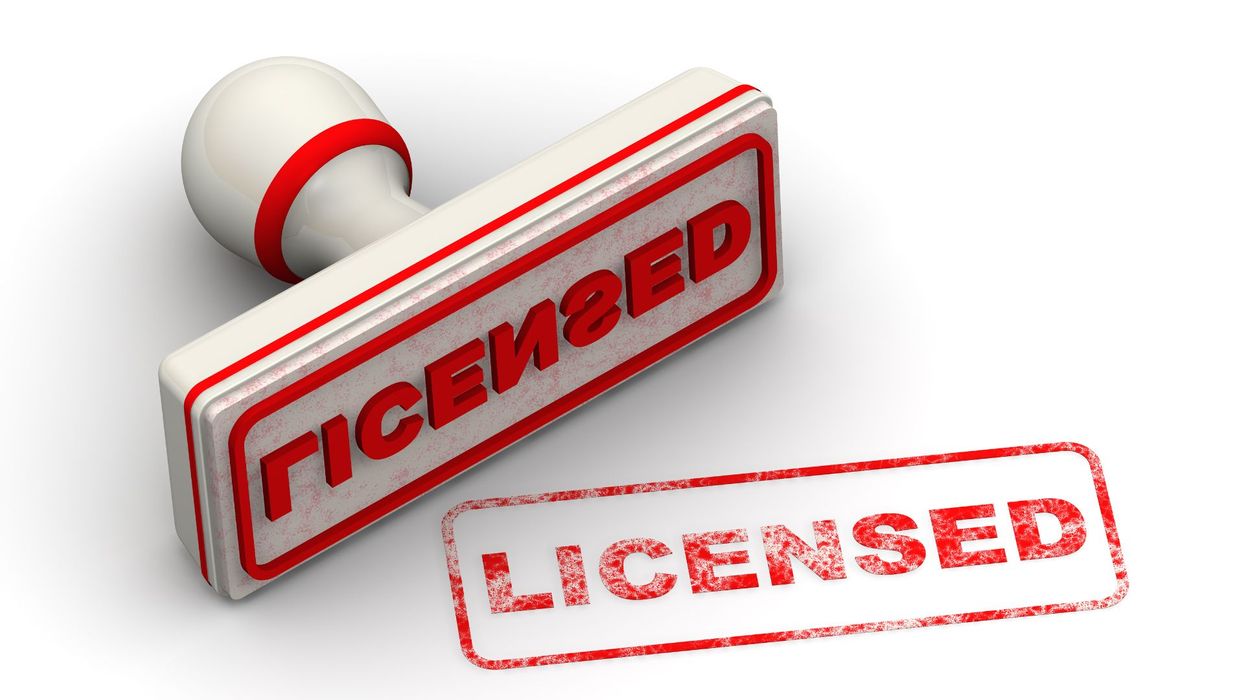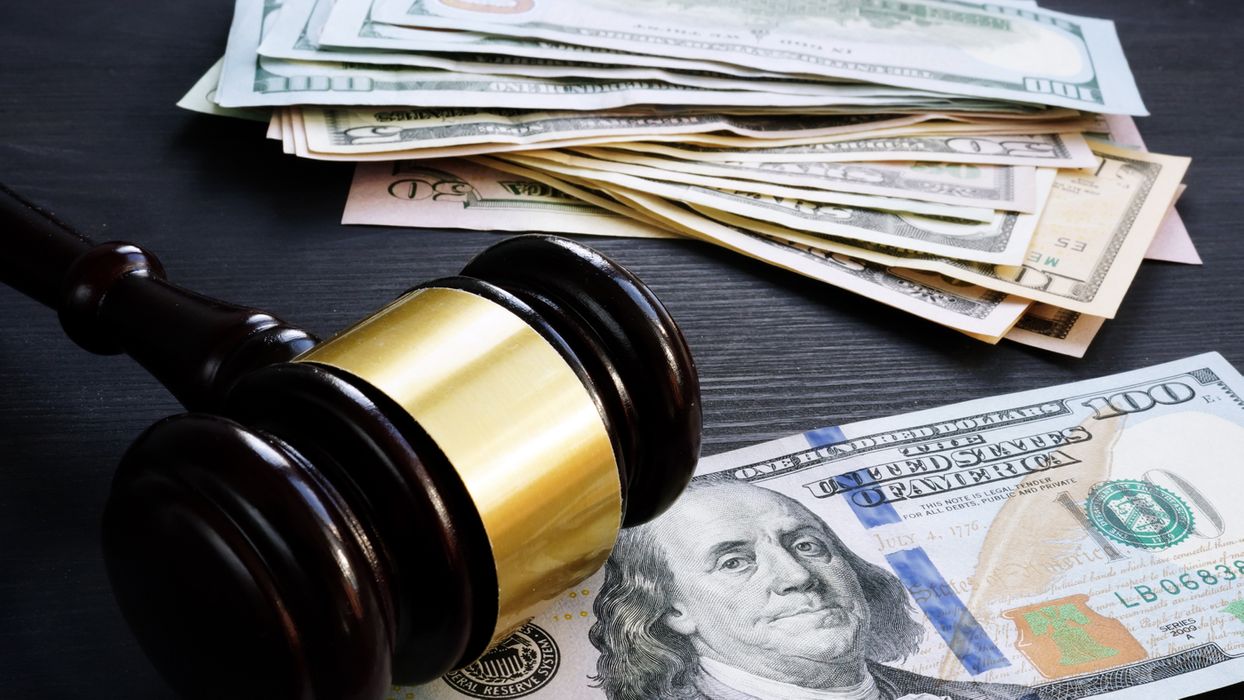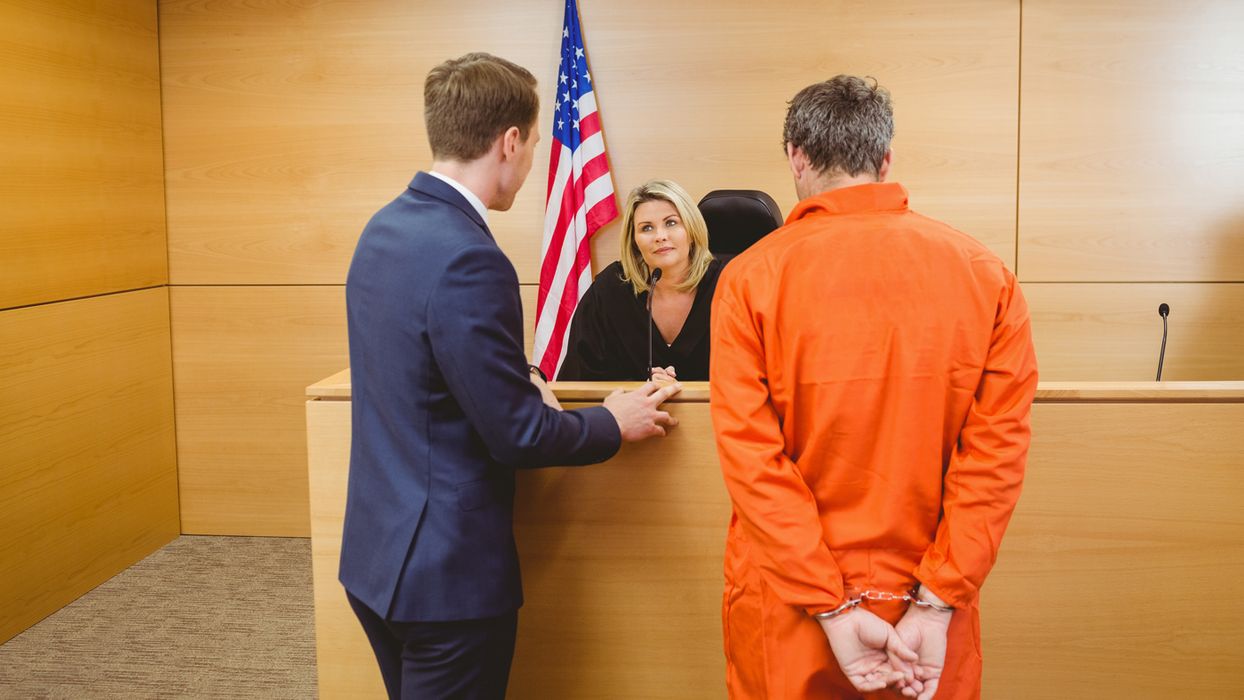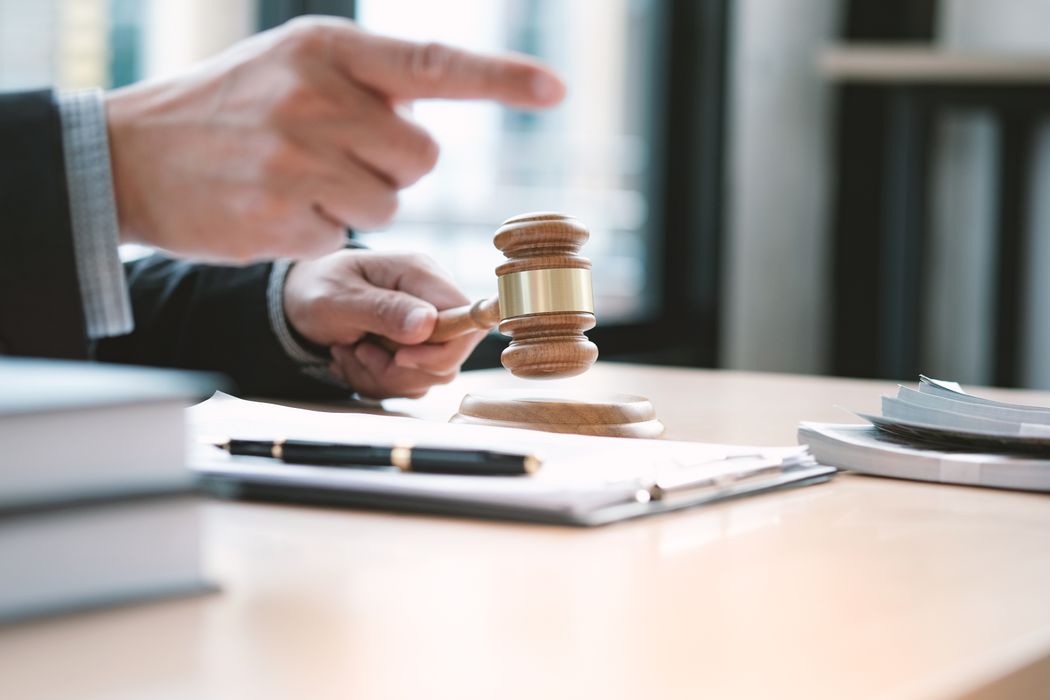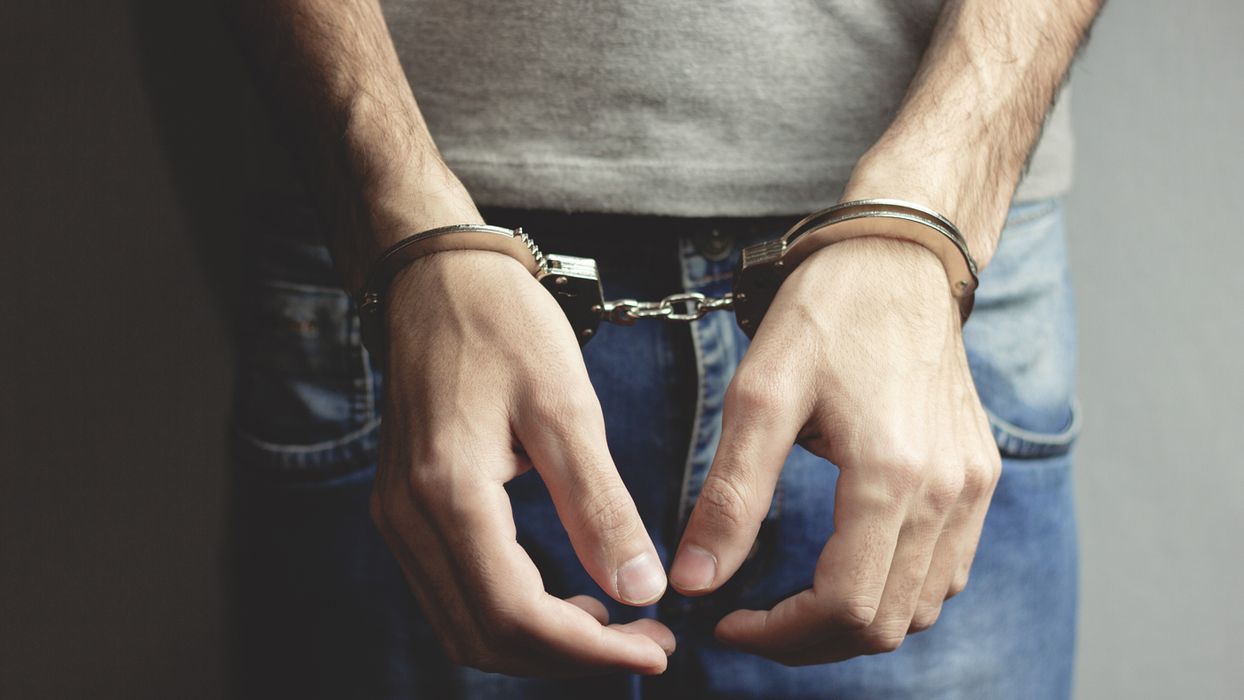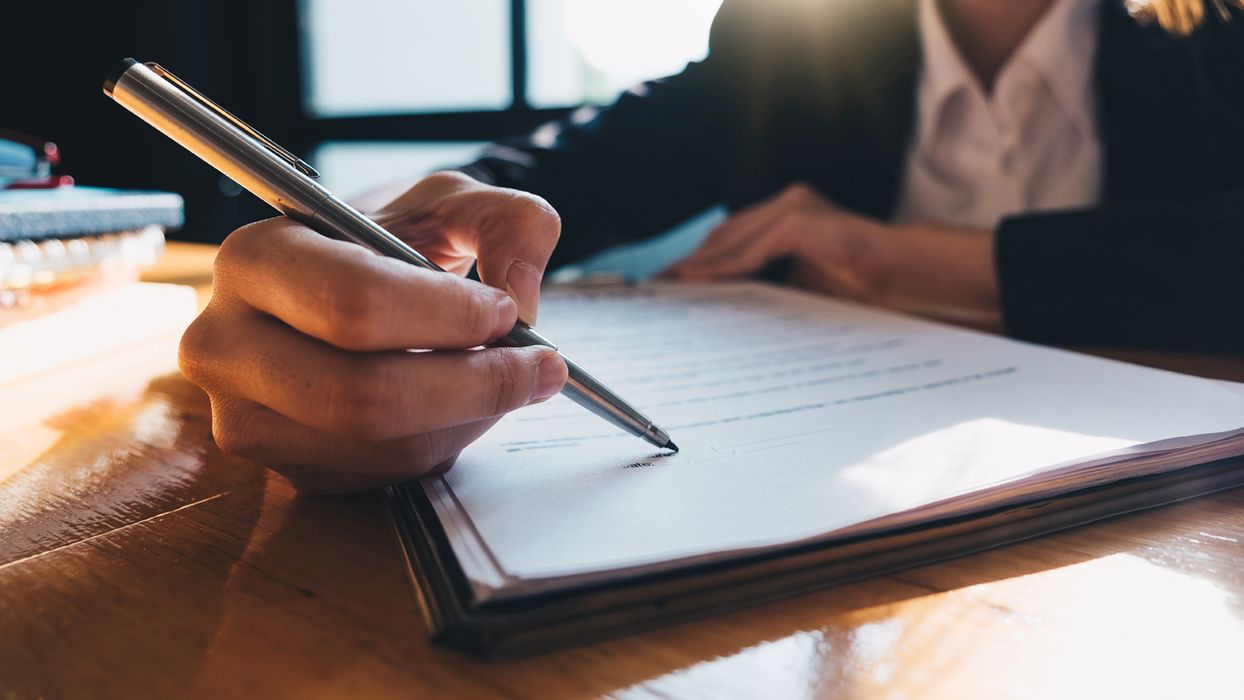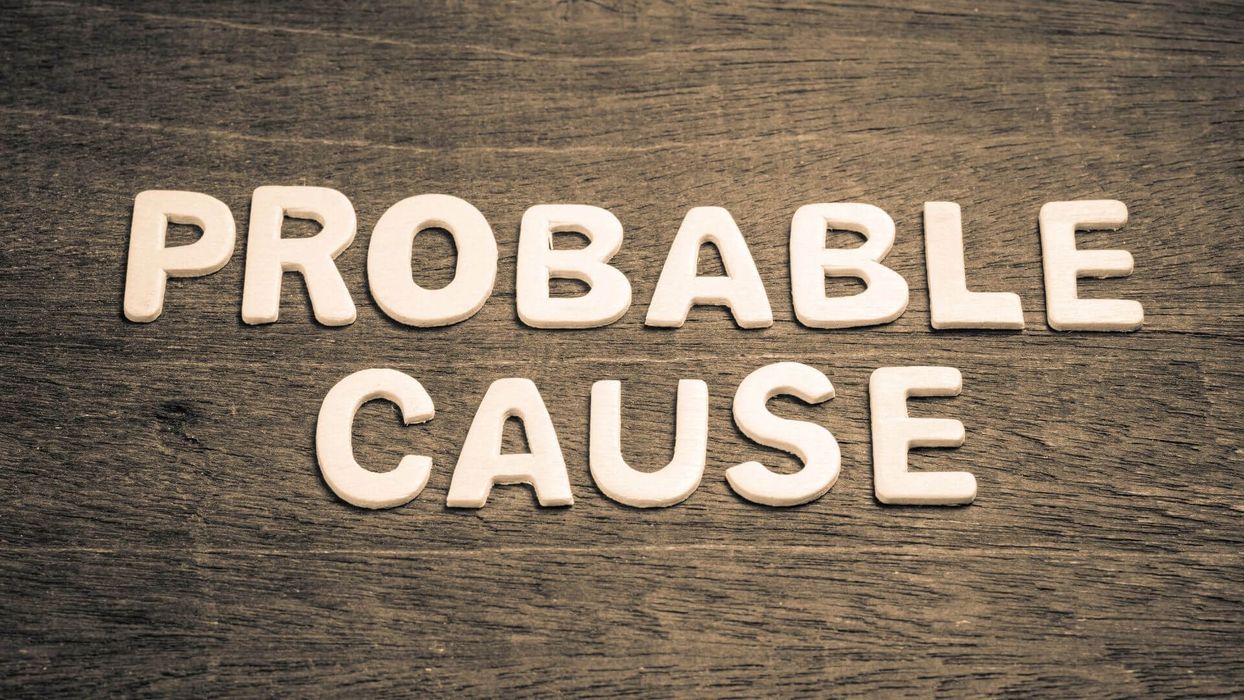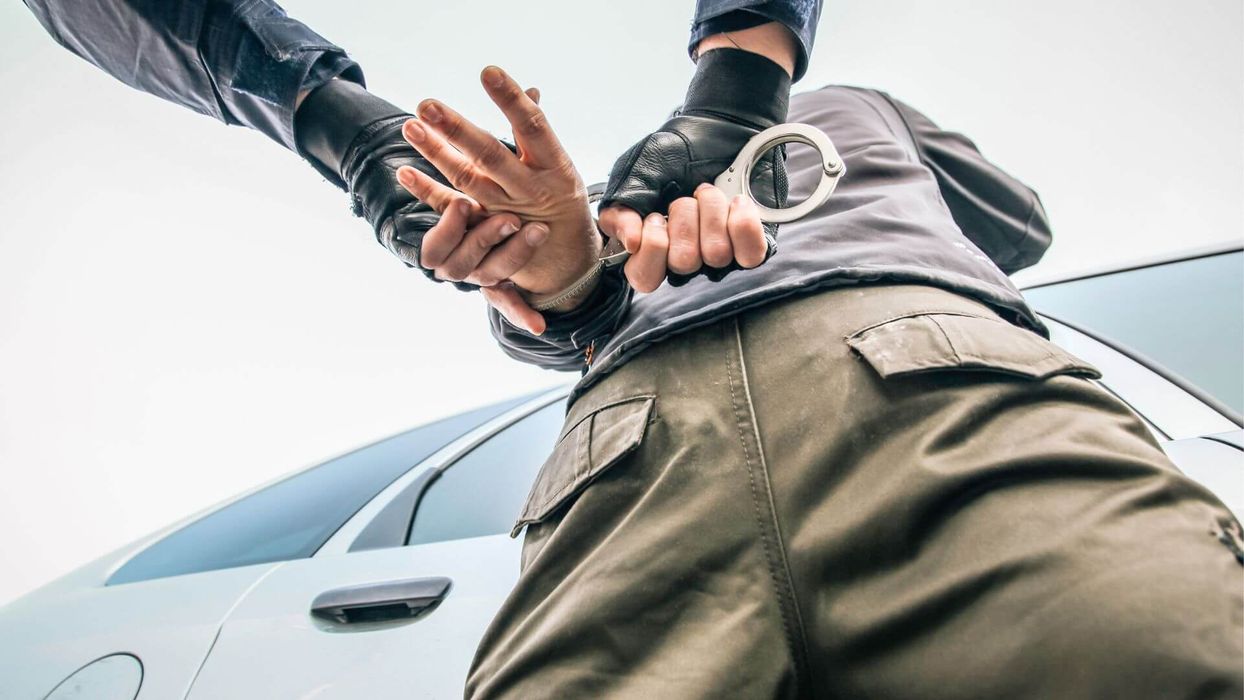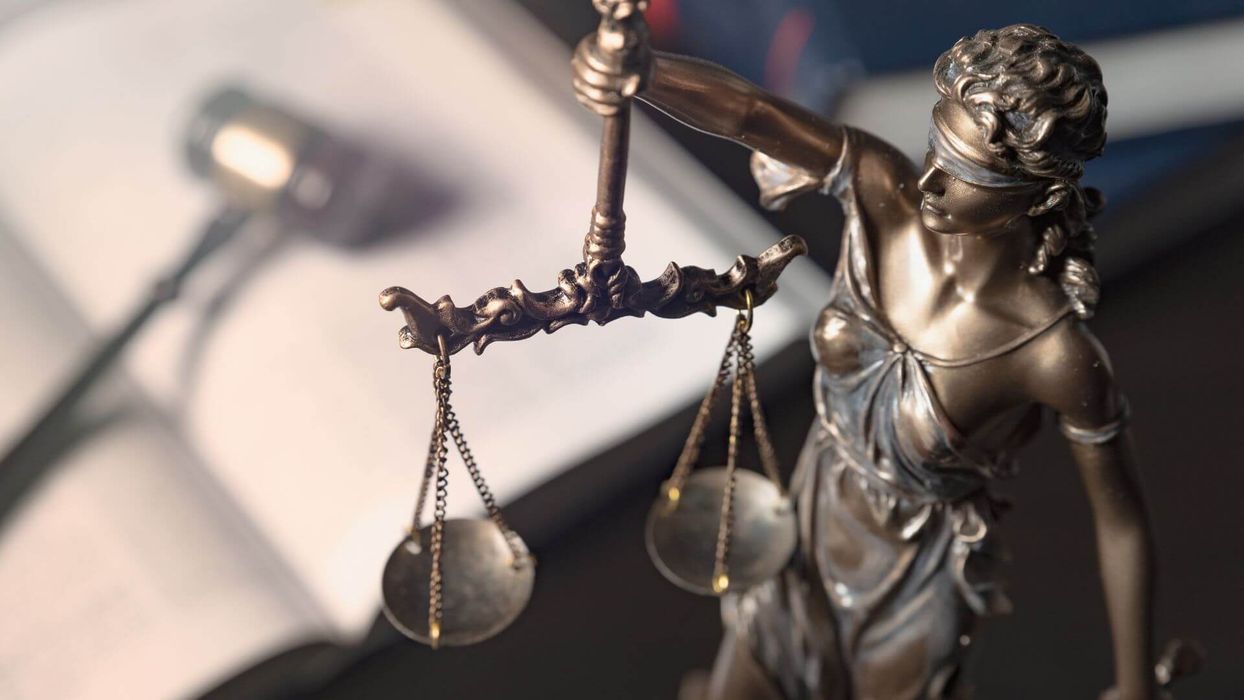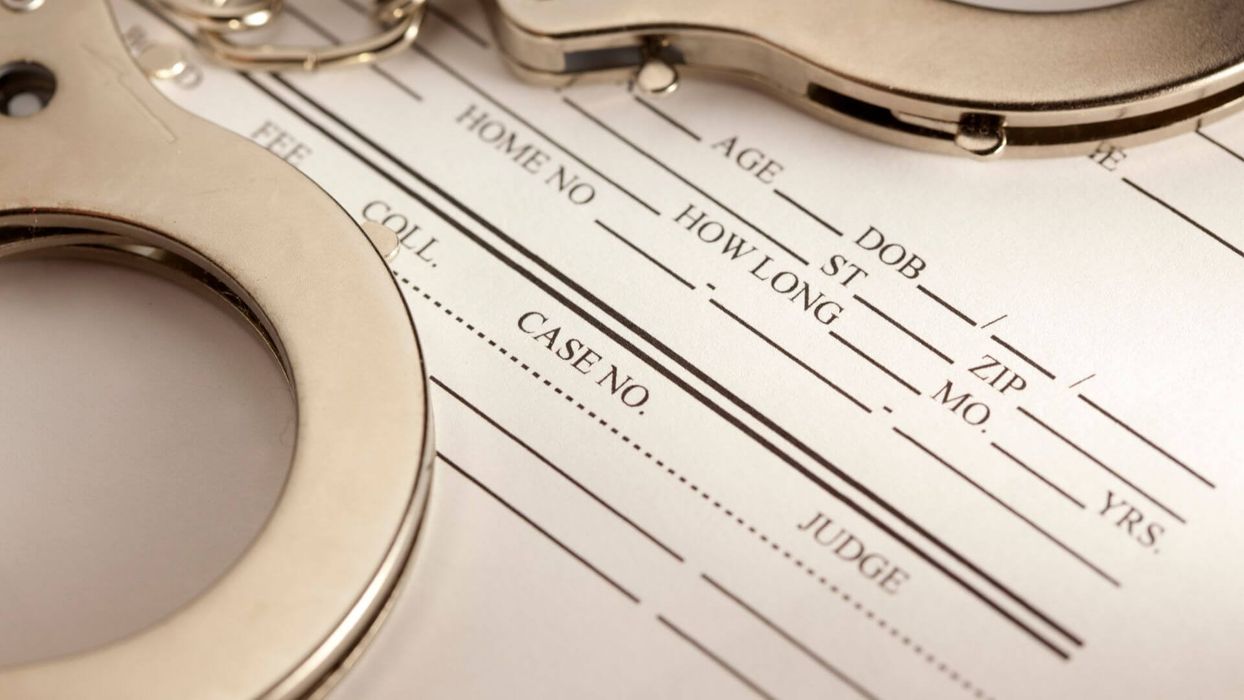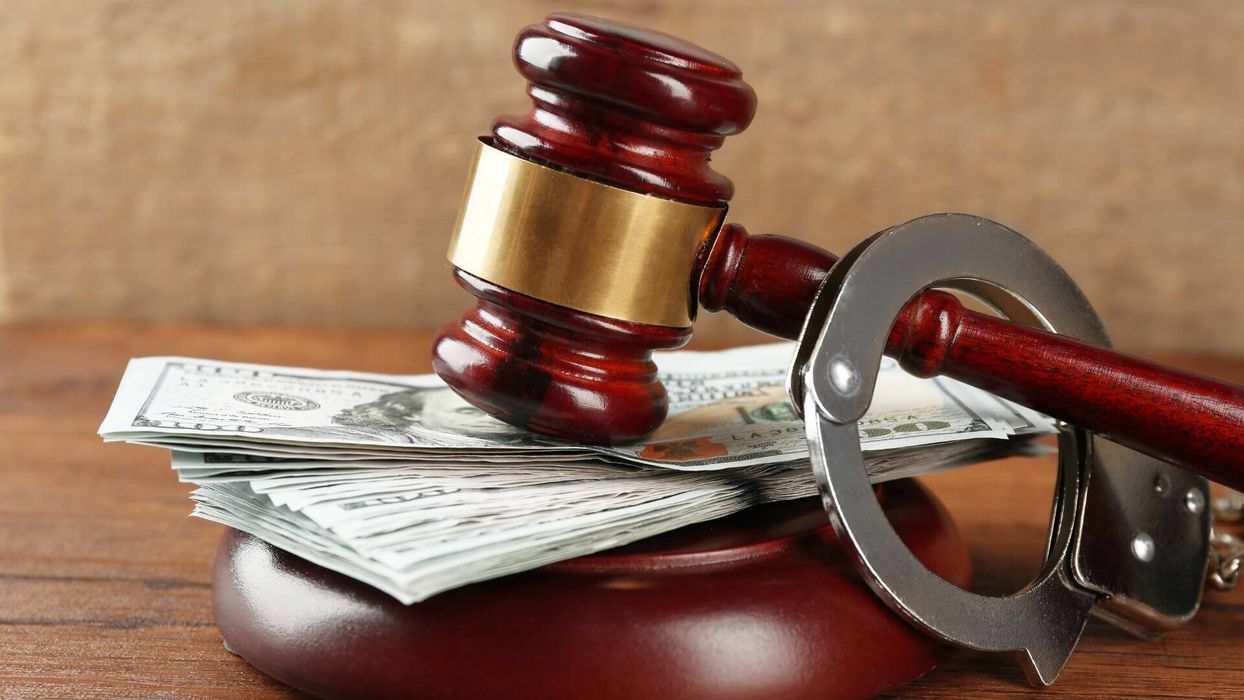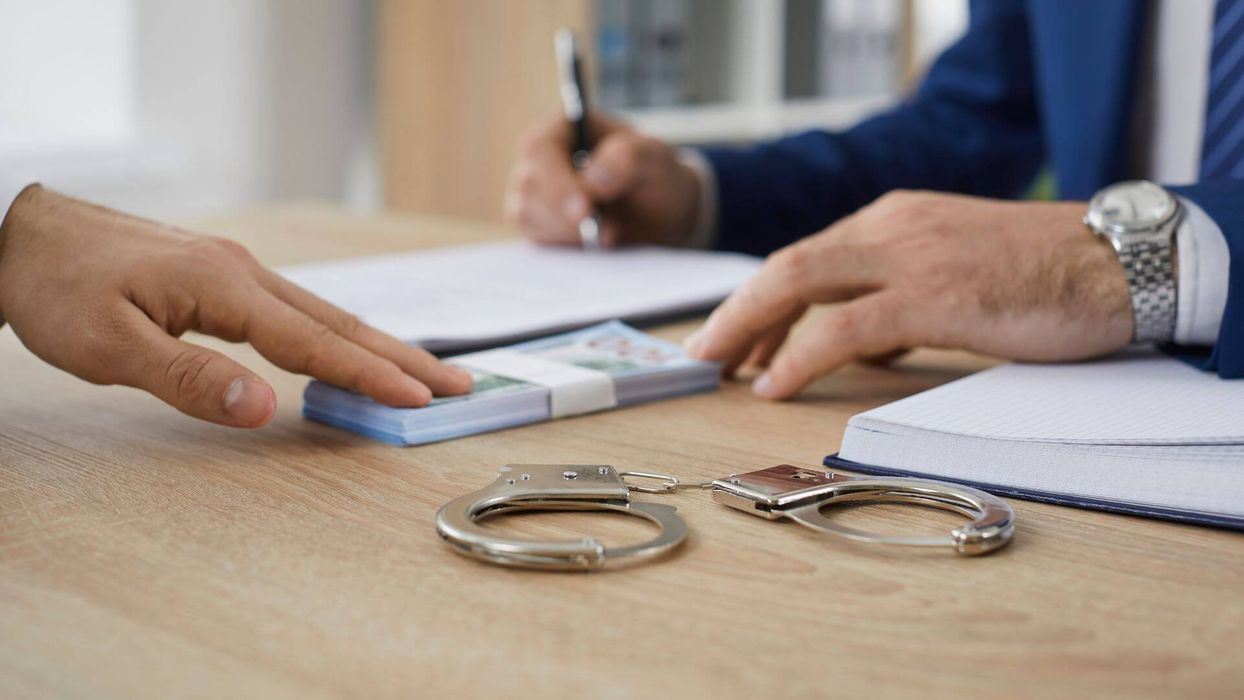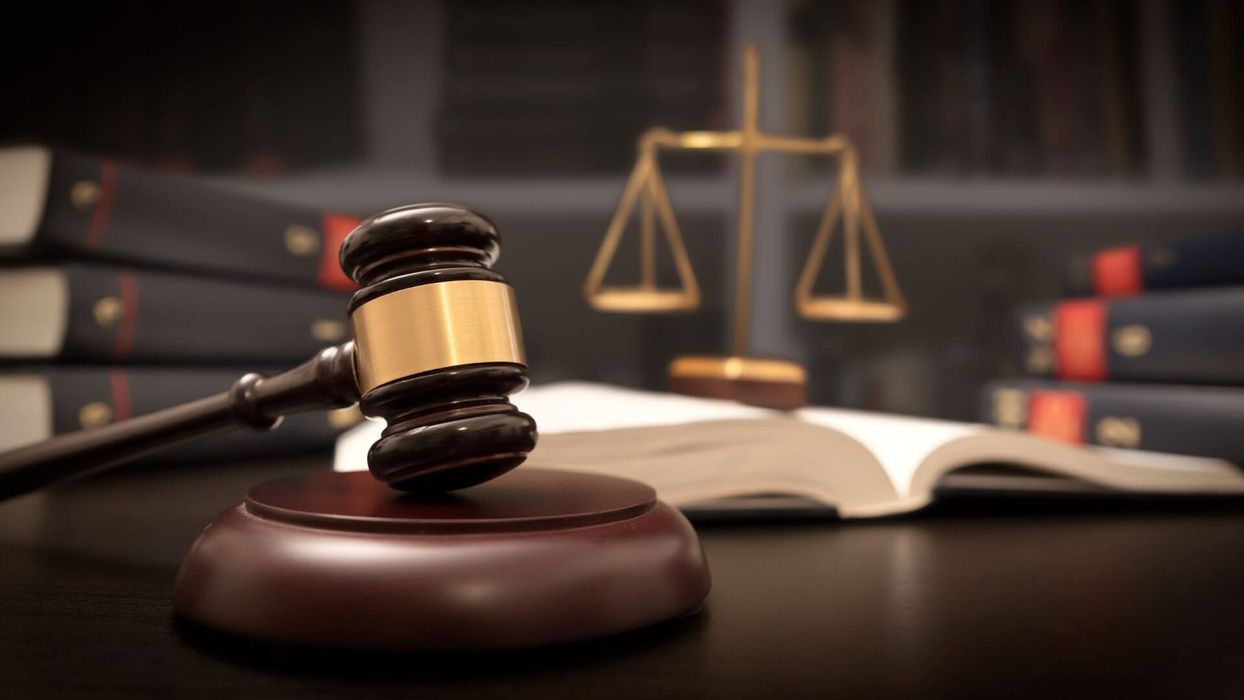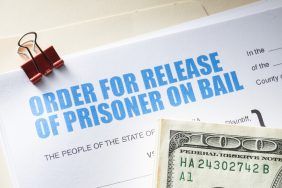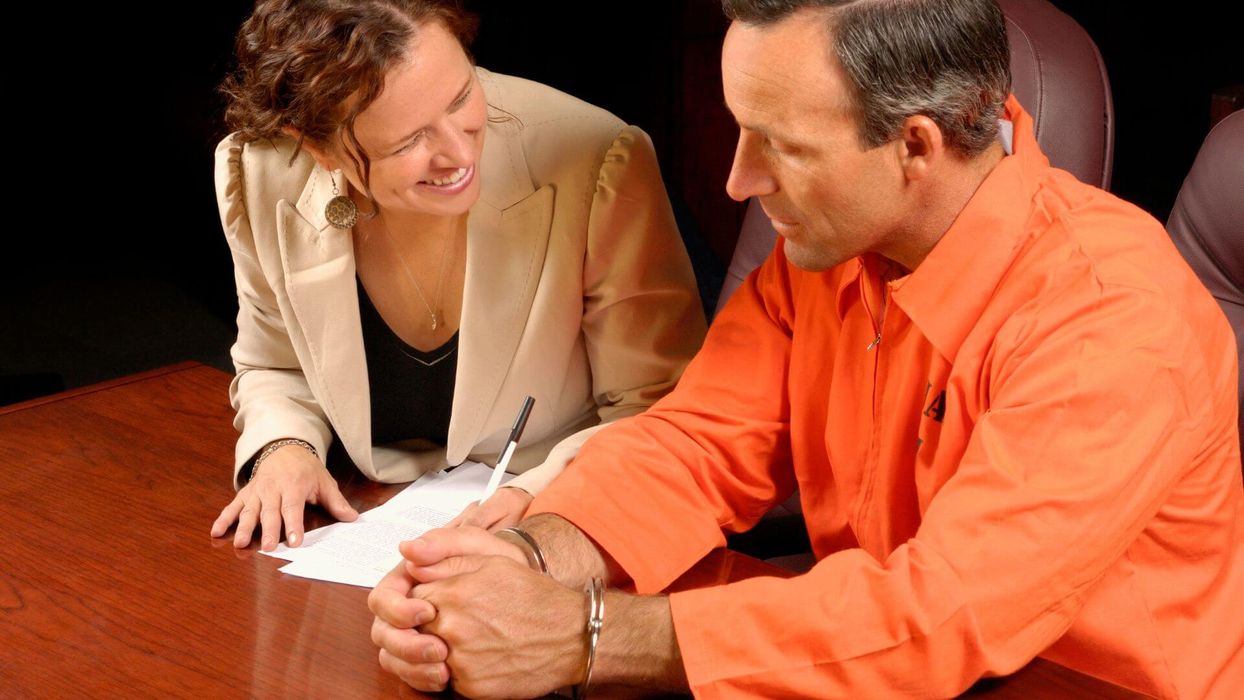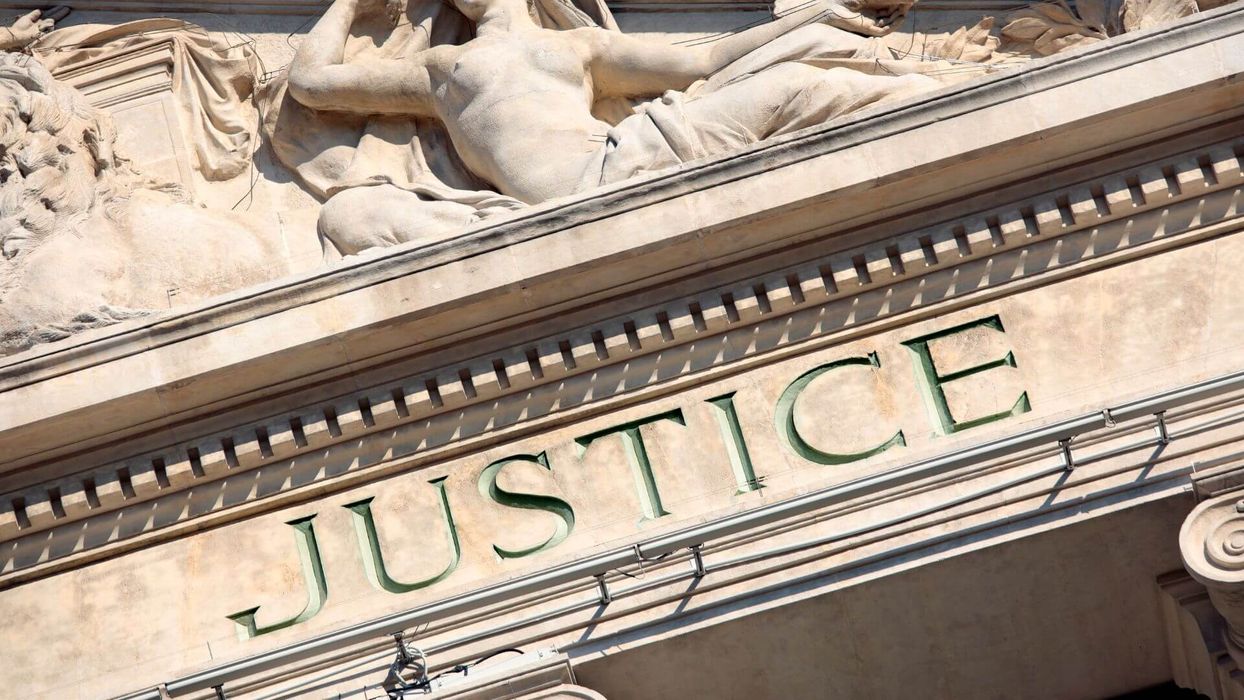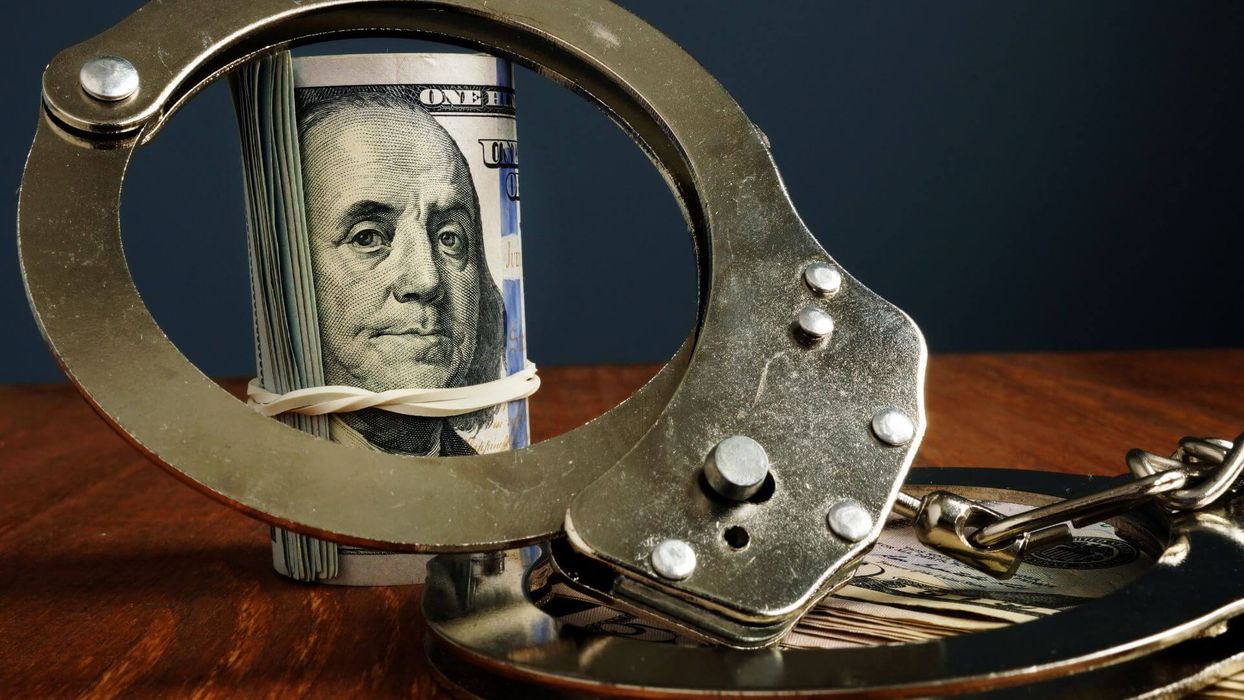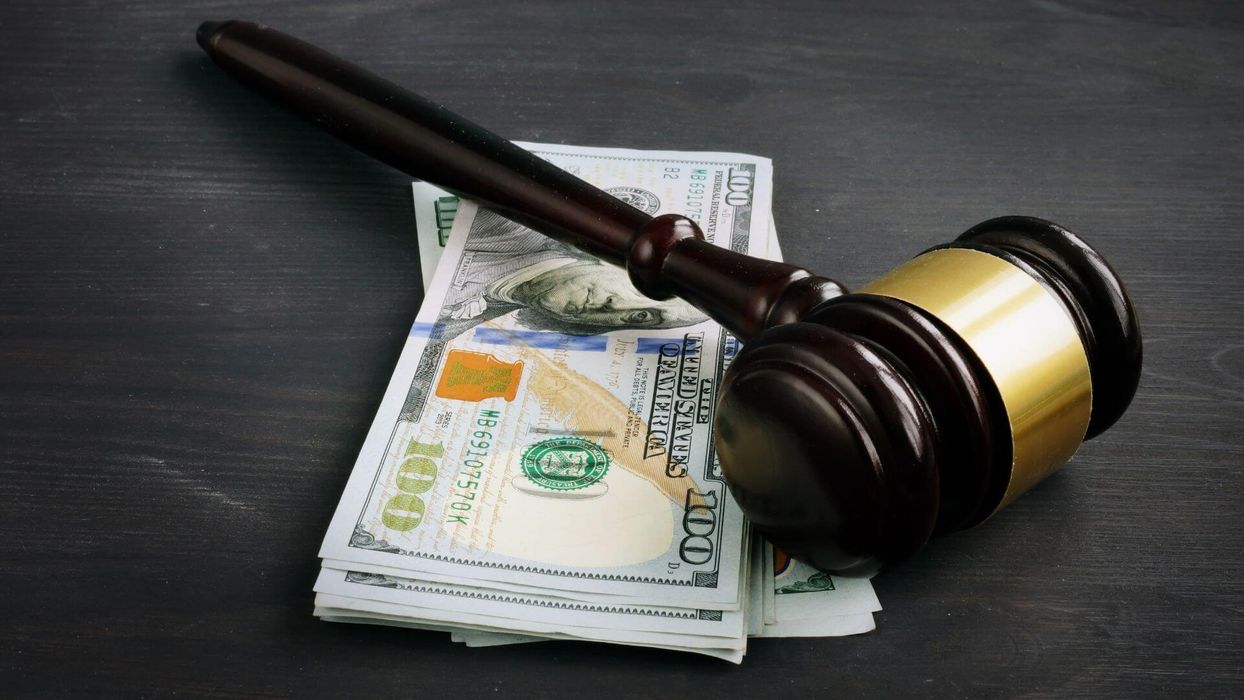Blog
Blog Posts
PUBLIC DEFENDANT VS. PRIVATE ATTORNEY
If you are facing criminal charges at a court of law, you have two main options for defense representation. The first option is to hire a legal defense attorney to argue the case in the court on your behalf. The second option is to go with a public defense lawyer. Both options have their benefits …Read More
Bail Bonds and Your Legal Rights: What You Should Know
Navigating the legal system after an arrest can be one of the most stressful experiences a family can face. In Jacksonville, the right to reasonable bail is a fundamental protection, yet many people remain unsure of how the process works or what their rights are once a bondsman is involved. At Optimal Bail Bonds, we believe that being informed is the first step toward regaining control.
moreFlorida’s 120-Hour Pre-Licensing Bail Bond Course: Your First Big Step
Thinking about becoming a bail bondsman in Florida? The journey starts with the state-required 120-hour pre-licensing course. This comprehensive training builds the legal knowledge, practical skills, and ethical foundation you’ll use every day—no matter which license path you choose under Chapter 648.
moreUnderstanding the Legal Framework of Bail Bonding
In an ever-evolving world, one truth remains constant: crime never stops. For those with a passion for justice and a desire to make a difference in their communities, becoming a licensed bail bondsman is not only a career choice but also a way to actively contribute to public safety. With the right pre-licensing course, you can be prepared to meet the growing demand for bail agents. Optimal Bail Bonds is offering a 120-hour pre-licensing course, designed to equip you with the skills, knowledge, and certification required to succeed in this fast-paced, high-stakes industry.
moreUnderstanding Criminal Surety Bail Bonds in Miami
When someone you care about is arrested in Miami, FL, the moment you realize they need to be released from custody is often overwhelming. One of the most crucial steps between arrest and trial is determining how they’ll be released, and in many cases, that involves the posting of a criminal surety bail bond. This is not merely a transaction; it's a profound legal and financial commitment that ensures the defendant appears in court. At Optimal Bail Bonds, your trusted Miami partner and Freedom Specialist, we believe in full transparency, which means helping you understand the serious commitment we make on your behalf when we post a bond, ensuring you navigate this stressful process with clarity and confidence.
moreBail Bonds 101: Understanding the Basics
No one ever expects to get that call. The one informing you that a friend or family member has been arrested. It's a jarring, often confusing experience, and in the immediate aftermath, a million questions race through your mind. How do they get out? What does this mean?
Optimal Bail Bonds, your trusted bail bond agency in the North Miami area, understands the stress of this situation. This guide will walk you through the fundamentals, demystifying the process and explaining how a bail bond can be the key to temporary freedom.
moreHow the Bail Bond Industry Fits Inside the Criminal Justice Field
When discussing the criminal justice system, most people think of police officers, lawyers, judges, and prisons. However, an equally important—though often misunderstood—component of this system is the bail bond industry. This industry plays a vital role in ensuring that the wheels of justice keep turning, especially during the pretrial process. So, how exactly does the bail bond industry fit into the broader criminal justice field? At Optimal Bail Bonds in Miami, Florida, we are here to break it down.
moreWhy Florida’s 120-Hour Bail Bond Pre-Licensing Class Might Save Your Career (and Your Reputation)
If you’ve been thinking about becoming a bail bond agent in Florida, here’s the most important truth you’ll hear all week: the 120-hour pre-licensing course isn’t just a box to check. It’s your playbook for staying legal, ethical, and profitable in a business where one bad decision can spiral into criminal charges, license discipline, and blown trust with the courts.
A recent South Florida case is a sobering reminder. According to an arrest report summarized by WPLG Local 10, two bail bondsmen were accused of bailing out a couple who never hired them, then allegedly harassing and attempting to extort payment afterward; both were arrested on multiple felony counts and ordered to stay away from the victims (wplg.) Florida’s regulatory framework expects better — and the 120-hour class exists to make sure you know exactly what “better” looks like.
moreWhat Trump’s August 25 Executive Order Means for Florida’s Bail Bonding Industry
On August 25, 2025, President Trump signed an executive order directing the U.S. Department of Justice to identify “cashless-bail” jurisdictions and instructing federal agencies to review which funds to suspend or terminate “to the maximum extent permitted by law.” A companion action targets Washington, D.C., where the administration argues the city’s no-cash-bail framework harms public safety. These moves are already drawing legal and political scrutiny (The White House+1ReutersThe Washington Post).
moreFinding the Right Pre-Licensing Bail Bond Class: A Comprehensive Guide
Are you dreaming of a career as a licensed bail bondsman or agent? Choosing the right bail bonds pre licensing class is the crucial first step. A high-quality program provides you with the foundational knowledge and skills needed to pass the state licensing exam and build a successful career. Our comprehensive guide will walk you through what to look for in a top-tier Bail Bonding Class to ensure you are fully prepared to enter this exciting profession.
moreFinding the Best Bail Bonds Service in Miami-Dade
Navigating the arrest of a loved one is incredibly stressful, and the path forward can seem unclear. During these tough phases, understanding your options is the first step toward resolution. At Optimal Bail Bonds, we believe in making the bail process as simple and accessible as possible, offering compassionate and non-judgmental support when you need it most.
moreWhat Is an Indemnitor in Bail Bonds?
In the world of bail bonds, one term you’ll often hear—but might not fully understand—is “indemnitor.” While it may sound like legal jargon, the role of an indemnitor is crucial in the bail process. Whether you're considering helping someone get out of jail or just want to be informed, here's everything you need to know about what an indemnitor is, their responsibilities, and the risks involved.
moreUnderstanding Authorized Entities in the Bail Bond Business: A Crucial Breakdown
In the bail bond industry, knowing who is legally authorized to operate within the system isn't just important—it's crucial. The field is regulated by specific legal and procedural frameworks, and failure to understand or comply with them can result in severe consequences, including license revocation, criminal charges, or civil penalties.
In Florida, the regulation of bail bonds is governed primarily by Chapter 648 of the Florida Statutes and enforced by the Florida Department of Financial Services (DFS). Within this structure, there are several authorized entities that are legally permitted to conduct business in the field. Below is a breakdown of these entities, what they do, and how they operate under the law.
moreOptimal Bail Bonds: Providing Reliable and Efficient Bail Bond Services Tailored to Your Unique Needs
We understand that finding a family member facing incarceration can be a profoundly stressful and overwhelming experience. At Optimal Bail Bonds, we are here to provide reliable and efficient bail bond services tailored to your unique needs, ensuring support during these trying times. Your first crucial step is often a Miami Dade inmate search, a process we aim to simplify.
moreA Legal Responsibility, Not Just a Business Transaction
When people hear the term "bail bonds," their minds often go straight to the cost. While the financial aspect is certainly important, it's only one piece of the puzzle. From our perspective at Optimal Bail Bonds, we see bail as a profound legal responsibility. It’s a commitment we make to the court system, ensuring that justice can proceed while protecting our client's right to be out of custody.
moreThe Consequences of a New Charge While Out on Bond
Being released on bail is an opportunity to prepare for your case from home, but it comes with strict conditions. At Optimal Bail Bonds, we want our clients to understand that any new criminal activity during this period can jeopardize everything. A new arrest is a serious violation of the court's trust and can unravel the initial bond agreement, leading to severe legal and financial repercussions.
moreChallenges of Securing Bail in Miami
Securing bail in Miami can prove to be a complex journey, particularly for those navigating the legal system for the first time. With high bail amounts, extensive paperwork, and pressing time-sensitive requirements, families often find themselves feeling overwhelmed. Fortunately, Optimal Bail Bonds is here to streamline the process and provide the support you need. Discover how we can help you overcome these challenges today!
moreThe Role of Bail Bond Agents in Miami’s Legal System
At Optimal Bail Bonds, we understand that bail bond agents in Miami play a crucial role in connecting defendants to the judicial system. Our dedicated agents provide essential services that help individuals secure their release from jail, all while ensuring compliance with court obligations. This support not only aids defendants but also alleviates the strain on an already busy legal framework. Learn more about the benefits of bail bond agents, then contact our team for assistance.
moreThe Importance of Bail Bonds in Miami
At Optimal Bail Bonds, we understand that bail bonds play a crucial role in Miami’s legal system, offering individuals a pathway to regain their freedom while awaiting court appearances. An arrest can be a stressful experience, but our bail bonds provide a practical solution by covering the often high costs of bail. This allows defendants to avoid lengthy stays in jail and focus on preparing their defense. Read more about what you can expect from the bail bonds process, then contact our team to get started.
moreArrests With and Without a Warrant: Key Differences Explained
Getting arrested can be a stressful and confusing experience, especially when it comes to understanding whether a warrant was involved. Knowing the difference between arrests with and without a warrant is crucial for protecting your rights and responding appropriately. At Optimal Bail Bonds, we’re here to guide you through the process, offering expert support and bail assistance to help you or your loved one regain freedom quickly.
moreSimplifying Miami-Dade Inmate Searches: A Practical Guide for Families and Professionals
Searching for an inmate in the Miami-Dade County jail system can be challenging, especially if you're unfamiliar with the process. Whether you’re trying to locate a loved one, friend, or someone you’re responsible for, this guide will help you navigate the Miami Dade inmate search effectively. At Optimal Bail Bonds, we're here to assist you through every step of the process.
moreKey Insights from Chapters 648 and 903
In Florida, the bail bond system bridges the gap between defendants' constitutional rights and public safety. Defined under Chapters 648 and 903 of the Florida Statutes, the framework ensures a fair and regulated process for pretrial release. With a comprehensive understanding of these laws, Optimal Bail Bonds stands out as a trusted partner in navigating this complex system. Whether you're seeking professional bail bond services or exploring the industry's regulatory landscape, this guide provides valuable insights into licensing, operations, and legal obligations in Florida.
moreFlorida State Statute 903
Florida Statute 903 is the cornerstone of the bail bond system in the state, governing the rules, rights, and responsibilities of sureties, defendants, and courts. It ensures a structured process for pre-trial release, safeguarding the rights of individuals while maintaining the integrity of the judicial system. This blog explores key provisions within Statute 903, offering insights for professionals in the bail bond industry.
moreOptimal Bail Bonds: Your Trusted Partner in Miami-Dade County
Bail bonds are a critical service, especially in bustling regions like Miami-Dade County, where navigating the legal landscape can be daunting. At Optimal Bail Bonds, we understand that the arrest of a loved one is an emotional and financial challenge. Our commitment to professionalism and compassion sets us apart in the bail bond industry. Here's a deep dive into how we serve our community in Miami-Dade County.
moreWhy Miami Residents Rely on Optimal Bail Bonds
When faced with an arrest, Miami residents need a reliable and experienced partner to secure their release. Optimal Bail Bonds has built a reputation for professionalism, speed, and compassion, making us the preferred choice in Miami.
moreHow Bail Bonds Work in Miami
The bail bond process in Miami begins with an arrest and a judge determining a bail amount based on the charges. When individuals or families cannot afford the full bail, they turn to a licensed bail bond agent. This agent posts the bail on their behalf for a non-refundable fee, typically 10% of the total amount.
At Optimal Bail Bonds, we ensure this process is straightforward and stress-free. Once the bail is posted, the defendant is released from custody under the condition that they appear at all court dates. Our agents guide you through the paperwork and explain the obligations involved in securing a bond, ensuring no detail is overlooked.
moreUnderstanding the Courts, Bail Bonds, and the Obligations of Bail Bond Agents
The world of bail bonds may seem complex, but it’s a crucial system that facilitates pretrial release and provides an essential service within the judicial system. This post dives into the jurisdictional levels of Florida’s courts, the key responsibilities and limitations for bail bond agents, and the essential processes involved in fulfilling bail bond obligations..
moreBecome a True Professional in the Bail Bond Industry
In today’s fast-paced world, too many training programs are designed just to “get you by.” You sign up, complete the course, and walk away with a certificate—but without truly understanding the industry or gaining the skills you need to succeed. At Optimal Bail Bonds, we take a completely different approach.
Our course isn’t just about fulfilling the 120 hours of training required to become a bail bondsman. It’s about empowering you with the knowledge, skills, and confidence you need to become a true professional in the bail bond industry.
moreHow to Be a Bail Bondsman in Florida: Understanding Florida Statutes 648 and Chapter 903
If you're interested in becoming a bail bondsman in Florida, understanding the legal framework is crucial. The process is guided by Florida Statutes Chapter 648, which covers the requirements for licensing and conduct, and Chapter 903, which focuses on the rules around bail bonds. In this blog, Optimal Bail Bonds will explore what these statutes entail and how you can meet the qualifications to pursue a career as a bail bondsman, including completing the necessary 120-hour course through convenient online classes or a webinar format.
moreThe Career Benefits of Completing the 120-Hour Bail Bond Course
If you’re considering a career as a bail bondsman, completing the 120-hour bail bond course is more than just a legal requirement—it’s an investment in your future success. Here’s how this course can open the door to a rewarding and stable career.
moreThe Role of Ethics in the 120-Hour Bail Bond Course
One of the most important aspects of becoming a successful bail bondsman is maintaining high ethical standards. In an industry where trust and integrity are paramount, a solid understanding of ethics is a key part of the 120-hour bail bond course.
moreHow the 120-Hour Bail Bond Course Prepares You for Real-World Scenarios
The 120-hour bail bond course isn't just about learning laws and regulations — it's about preparing you for the challenges you'll face as a licensed bail bondsman. In the bail bond industry, real-world situations often require quick thinking, ethical decision-making, and effective communication with both clients and court officials.
moreWhy the 120-Hour Bail Bond Course is Essential for Your Career
If you're looking to enter the fast-paced world of bail bonds, one critical step stands between you and a rewarding career: our pre-licensing 120-hour bail bond course. This course is a mandatory requirement in many states, including Florida, and it's designed to give aspiring bail agents the foundational knowledge they need to get their licensing and succeed.
moreBecome a Bail Bondsman: Start with the 120-Hour Course
If you're looking for a rewarding career in the criminal justice system that combines legal knowledge, community service, and financial opportunity, becoming a bail bondsman could be the perfect path. But how exactly do you get started? This blog will guide you through the steps on how to be a bail bondsman, with a focus on one critical requirement for licensing: the 120-hour bail bond course. Whether you're interested in helping people navigate the justice system or securing a stable, flexible career, this guide is for you.
moreCrime Never Stops: Why Now is the Time to Enroll in Optimal Bail Bonds’ 120-Hour Pre-Licensing Course
In an ever-evolving world, one truth remains constant: crime never stops. For those with a passion for justice and a desire to make a difference in their communities, becoming a licensed bail bondsman is not only a career choice but also a way to actively contribute to public safety. With the right pre-licensing course, you can be prepared to meet the growing demand for bail agents. Optimal Bail Bonds is offering a 120-hour pre-licensing course, designed to equip you with the skills, knowledge, and certification required to succeed in this fast-paced, high-stakes industry.
moreUnauthorized Entities in the Bail Bond Industry: Protecting Yourself by Verifying Licenses
The bail bond industry plays a crucial role in the criminal justice system, providing defendants the opportunity to secure their release from jail while awaiting trial. However, like many industries, the bail bond industry is not immune to the presence of unauthorized entities that may exploit those in vulnerable situations. To protect yourself and your loved ones, it is essential to understand the importance of working with licensed bail bond agents and how to verify their credentials. If you have any questions or need assistance in finding a licensed bail bondsman, our knowledgeable team at Optimal Bail Bonds is here to help. We ensure that you have access to qualified professionals who can guide you through the process with care and expertise.
morePre-Licensing Requirements for Aspiring Bail Bond Agents
Becoming a bail bond agent can be a lucrative and rewarding career path for those interested in the criminal justice system. However, it takes more than just an interest in the field to become a successful bail bond agent. As with any profession, some requirements aspiring agents must meet before starting their career. Here are the pre-licensing requirements that anyone looking to become a bail bond agent should be aware of in Miami-Dade County.
moreHow to Conduct a Miami-Dade Inmate Search: A Step-by-Step Guide
Searching for an inmate in the Miami-Dade County jail system can be a confusing and stressful experience, especially if you don't know where to start. Whether you're looking for a loved one, friend, or someone you're responsible for, this step-by-step guide will help you navigate the process effectively. At Optimal Bail Bonds, we’re here to assist you every step of the way with this guide on how to conduct a Miami-Dade inmate search.
moreUnlock Your Career Potential: The Benefits of a Part-Time 120-Hour Bail Bonds Pre-Licensing Course
The part-time 120-hour pre-licensing course is designed to fit into your busy life. With classes held during evenings and weekends, you can continue working while preparing for your bail bondsman license. This flexibility allows you to balance your current job or personal responsibilities while advancing your career in the bail industry.
moreMyths About Being a Bail Bondsman or Limited Surety Agent in Florida
Myth 1: You Need a Large Amount of Money to Start
One of the most pervasive myths is that you need a significant amount of capital to get started as a bail bondsman. While there are initial costs, such as licensing fees, surety bond premiums, and potentially office setup expenses, the financial barrier to entry is often much lower than people assume.
- Licensing Costs: The cost to obtain a license as a bail bondsman or limited surety agent in Florida varies but is generally manageable.
- Surety Bond Premium: This is typically a small percentage of the total bond amount you will be underwriting, making it more affordable.
- Operating Expenses: Many bail bondsmen operate from small offices or even from home, especially when starting out, which keeps overhead costs low.
The idea that you need a large amount of money to enter this field is largely a myth. With careful planning and the right resources, starting a bail bonds business is within reach for many people.
Myth 2: Bail Bondsmen Work Alone
Another common misconception is that bail bondsmen operate entirely on their own, facing all risks and challenges solo. In reality, bail bondsmen in Florida often work closely with a network of professionals, including attorneys, law enforcement, and other bondsmen. Additionally, many are part of larger agencies or firms that provide support, resources, and share responsibilities.
moreHow to Conduct a Miami Dade Inmate Search: A Step-by-Step Guide
Searching for an inmate in the Miami-Dade County jail system can be challenging, especially if you're unfamiliar with the process. Whether you’re trying to locate a loved one, friend, or someone you’re responsible for, this guide will help you navigate the Miami Dade inmate search effectively. At Optimal Bail Bonds, we're here to assist you through every step of the process.
moreMastering the 120-Hour Pre-Licensing Class for Aspiring Bail Bondsmen
Embarking on a career as a bail bondsman in Florida requires comprehensive training and education. The 120-hour pre-licensing class is a mandatory step designed to equip aspiring bail bondsmen with the essential knowledge and skills needed to succeed in the industry. This blog post will explore the key aspects of the course, its benefits, and how it prepares students for a rewarding career in bail bonds.
Register for the pre-licensing class
moreWhat Are Bail Bonds and How Do They Work?
When facing an arrest, the thought of spending time in jail can be daunting. Fortunately, the legal system offers a solution through bail bonds. For those in Miami, Optimal Bail Bonds is a trusted agency that provides the necessary assistance in obtaining bail. In this blog, we will explore what bail bonds are and how they work.
moreFrom Student to Agent: Navigating the Licensing Process After Pre-Licensing Classes
Embarking on a career as a bail bondsman or agent is an exciting journey filled with challenges and opportunities. At Optimal Bail Bonds, we understand the significance of proper training and preparation in navigating the licensing process seamlessly. Let's delve into the essential aspects of transitioning from a student to a licensed agent after completing pre-licensing classes.
morePractical Skills Taught in Pre-Licensing Bail Bond Courses
At Optimal Bail Bonds, we understand the importance of pre-licensing education and ensure our agents are equipped with practical skills through comprehensive courses. In this blog article, we'll delve into the practical skills taught in pre-licensing bail bond courses and why they're crucial for aspiring agents.
moreHow Continuing Education Keeps Bail Bond Agents Sharp
In the world of bail bonds, staying sharp is not just advantageous, it’s essential. For Optimal Bail Bonds, a leading agency serving Miami and managed by highly respected bail bondsmen with a decade of experience, keeping their agents at the top of their game is a priority. Explore how continuing education plays a vital role in ensuring that bail bond agents are equipped with the latest knowledge and skills to navigate the complexities of their field.
moreRequirements for License Renewal in the Bail Bonds Industry
In the bustling landscape of Miami, FL, bail bondsmen play a vital role in the justice system. However, maintaining a valid license is essential to continue operating within the industry. Let's delve into the key requirements for license renewal and how Optimal Bail Bonds can assist you in this process — especially for continuing education courses. Contact us today for more information.
moreThe Importance of Continuing Education for Bail Bondsmen
In the dynamic world of bail bonds, staying ahead of the curve is not just beneficial — it's imperative. As a bail bondsman in Miami, FL, ensuring you remain well-informed and equipped with the latest knowledge and skills is crucial for success. That's where continuing education comes into play. At Optimal Bail Bonds, we recognize the paramount importance of ongoing learning to excel in this ever-evolving field, contact us today.
moreUnderstanding the Risks and Responsibilities: A Comprehensive Guide for Bail Bond Co-Signers
When considering the role of a co-signer or an indemnitor in the context of bail bonds, it's crucial to understand the substantial risks and responsibilities involved. A co-signer, typically a close friend, family member, or associate of the defendant, plays a pivotal role in securing a bail bond. This role is not to be taken lightly, as it comes with significant responsibilities and potential risks.
One of the primary responsibilities of a co-signer is to ensure that the defendant attends all court dates. Failure of the defendant to appear in court can have severe financial and legal implications for the co-signer. In such cases, the bail bondsman has the right to recover the full bail amount from the co-signer, which could lead to the loss of collateral, such as property or other assets, that was put up to secure the bond. Moreover, the co-signer’s credit score could be negatively impacted if they fail to cover the bail amount.
The qualifications of a good co-signer often include a close relationship with the borrower, assets or collateral, a good history with the lender, willingness to take on risk, and financial literacy. These factors are essential as co-signing a bail bond is a serious commitment with financial and legal implications. If the defendant fails to appear in court, the co-signer could be responsible for the full bail amount, and their collateral could be at risk.
moreHow Bail Amounts Are Determined and Set: An In-depth Look
The concept of bail is a cornerstone in the American criminal justice system, designed to balance the state’s duty to ensure public safety with an individual’s constitutional rights. However, the mechanism through which bail amounts are determined and set is often unclear to the general public. This post aims to shed light on this critical subject, outlining the multiple factors that come into play when bail is being considered by the court.
moreProstitution in Miami-Dade: A Legal and Societal Overview
Prostitution, often referred to as the world's oldest profession, continues to be a complex and multifaceted issue in many parts of the world, including Miami-Dade County, Florida. This blog post provides a comprehensive examination of prostitution within this region, covering the legal context, societal impacts, enforcement efforts, and potential strategies for addressing the problem.
moreDomestic Violence Bail Bonds: A Comprehensive Guide
In the complex world of criminal law, one area that requires a nuanced understanding is domestic violence and the associated bail bonds. Domestic violence crimes are treated with particular severity and often necessitate a specialized approach when it comes to bail bonds. This blog post aims to provide an extensive overview of domestic violence bail bonds, focusing on the legal context, the process, and key considerations for both bail bondsmen and clients.
moreChoosing the Right Bail Bonds Service: Why It Matters in Miami-Dade, Broward, and Palm Beach
When legal trouble strikes, the process of arranging bail for yourself or a loved one can be both confusing and daunting. In the vibrant communities of Miami-Dade, Broward, and Palm Beach, selecting the right bail bonds service can be a lifesaver. Here's why choosing wisely is so vital, and what sets our service apart:
moreTrust, Compassion, and Professionalism: The Cornerstones of Our Bail Bonds Service
In moments of legal distress, it's crucial to have a partner who understands the gravity of the situation and can provide immediate assistance. Our bail bonds service, serving Miami-Dade, Broward, and Palm Beach, has been founded on the principles of trust, compassion, and professionalism. Here's how these cornerstones guide our work:
moreServing Miami-Dade, Broward, and Palm Beach: Your Trusted Bail Bonds Service
Navigating the complexities of the legal system can be challenging, and when a loved one finds themselves on the wrong side of the law, time is of the essence. That's where our bail bonds service come in, proudly serving the areas of Miami-Dade, Broward, and Palm Beach.
moreEnsuring Compliance and Quality in Florida's Limited Surety (Bail Bond) Courses
As the summer of 2023 arrives, it is essential to recall an important notification from the Department regarding the compliance of continuing education providers offering online or self-study Limited Surety (Bail Bond) courses in Florida. Last year, in 2022, the Department made it known that certain providers were not adhering to the necessary regulations outlined in Florida Statute 626.386(4)(a) and F.A.C. 69B-228.030(23). This blog serves as a reminder to all stakeholders in the bail bond industry to maintain the highest standards of education by strictly following the prescribed guidelines.
moreModernizing Bail Bond Regulations: A Closer Look at the Revised Provisions
In recent years, the bail bond system has faced scrutiny and criticism for its impact on the criminal justice system and its potential to perpetuate inequalities. Responding to these concerns, lawmakers have introduced a new bill that revises provisions relating to bail bond agents and agencies. This blog post will delve into the key changes proposed by the bill, focusing on the definition of appointments, the licensing of bail bond agencies, and the regulations imposed on bail bond agents.
moreUnderstanding Florida's Pretrial Release and Bond Schedule Law
As of January 1, 2024, the state of Florida is introducing significant changes to its pretrial release and bond schedule laws under Section 903.011 of the Florida Statutes. These changes aim to ensure fairness, consistency, and the protection of the community while preserving the individual rights of defendants awaiting trial.
moreWHAT DOES IT MEAN WHEN YOU RECEIVE BAIL WITH CONDITIONS?
If you are arrested by the law enforcm department on a criminal offence, you have the right to get released on bail while the trial is proceeding. This ensures that a person who is wrongfully accused or arrested does not have his or her freedoms curtailed by the law enforcement agencies. Every person has the right to receive bail until a court verdict is announced for their case.
In most cases, the court lays down certain conditions that the defendant must abide by in order to get bail. They are required to appear in court and be available for questioningementby the crime investigation authority. Their movements may be restricted and the defendant may be required to stay away from certain persons or activities.
Defendants are also required to submit a surety bond – a sort of guarantee – that they will abide by the bail conditions.
While bail is almost always granted by the courts, the prosecution may challenge the bail in certain special circumstances and the defendant may be denied bail in such cases.
BAIL CONDITIONS
Getting Bail ensures that you won’t have to spend time in jail. Regardless of the type of release order issued by the court however, the defendant’s release from the arresting authority is always subject to certain conditions.
moreWHAT HAPPENS WHEN A DEFENDANT IS RE-ARRESTED WHILE ON BOND?
When a person gets arrested on criminal charges, they have the option to get bail while the case is still proceeding. A defendant can get bail through the courts under certain terms and conditions.
The defendant is required to abide by the conditions set by the court and they can get arrested while on bond if they do not fulfill the conditions of their bail. They can also get arrested for entirely different criminal charges as well.
If someone is arrested on a second charge while on bail, their circumstances are handled quite differently than the first time they were arrested. Defendants need to understand why it is a bad idea to get arrested while on bail.
KINDS OF A SECOND ARREST
A defendant released on bail can be arrested a second time in three cases.
- The defendant can be arrested for ‘jumping bail’, i.e. failure to appear in court on hearing dates.
- The defendant can be arrested for violating other conditions of the bail.
- The defendant can also get arrested on a separate, unrelated charge by the same or another jurisdiction.
VIOLATION OF BOND CONDITIONS CAN BECOME A NEW OFFENSE FOR THE DEFENDANT
moreIMPORTANT FUNDAMENTALS OF BAIL BOND CONTRACT
Sometimes people have to help a family member, a loved one, or a friend who has been taken into custody by the police. With all the panic and anxiety wrapped around the bail process, most people don’t think about the responsibilities associated with the bail bond and what the fundamentals of the bail bond are.
Bail bonds are used for releasing a defendant from jail. After the submission of the bail bond to the court, the defendant is released from jail on the condition that they will return for trial. Bail bond companies usually only charge ten percent of the bail amount, which makes it easier for a friend or a family member to bail another person out. For example, if the amount of bail is set at 10,000, the consumer will be required to pay $1,000 for the release of the defendant. It is worth noting that the bail premium cannot be refunded, as the bail company earns this for its services. Now that we have cleared what a bail bond is, let us look at your responsibilities when signing a bail bond and fundamentals of a bail bond contract.
YOUR RESPONSIBILITIES WHEN SIGNING ON THE BAIL BOND CONTRACT
When you are signing a bail bond contract, you’ll take on these responsibilities:
more5 BONDS TO GET SOMEONE OUT OF TROUBLE: TYPES AND CONDITIONS
Sometimes our loved ones need us for help when they are in trouble with the court. You, on the other hand, probably have no clue about what needs to be done yourself. The only thing you can do is bail them out, and this can be done with the help of a bail bondsman.
Besides paying a legal company to do all the work for you, it is also important for you to understand which bonds can be used when. This would also entail having a reasonable understanding of your responsibilities after signing a bail bond contract.
WHAT ARE BAIL BONDS?
Bail bonds are quite like insurance, and they work like a promise to the court that the accused will appear in front of the magistrate on a predefined court date. If you are arranging for and signing the contract for the bail bond, you (or the bail bondsman you’re working with) will be known as the ‘indemnitor.’ Therefore, it is your job to get your family member or friend out of jail as quickly as possible and make sure the defendant attends all the court dates.
Bail bonds, also known as surety bonds, are especially useful when the defendant cannot afford to pay their bail. This is why these types of bail have a relative or friend contact a bail bondsman or bail agent. This agent, in turn, will be backed by a surety company, which is a special kind of insurance company.
moreEVERYTHING TO KNOW ABOUT PROBABLE CAUSE
Imagine you are driving on a highway, and a police officer asks you to pull over. You stop your vehicle. The police officer asks you to show your driving license. After checking your license, they ask to search you and your vehicle.
Should you allow them to conduct this search? No.
The reason is that they don’t have probable cause. Do you know what probable cause is and what it entails? No need to worry if you don’t. We will explain it to you in detail. Learning about probable cause might help you avoid unfavorable circumstances with the police.
Probable cause refers to the requirement that police have adequate reason to seize property, conduct a search, or arrest someone. The police can’t obtain an arrest warrant or make an arrest without probable cause. Police officers must lay down objective circumstances that led them to believe that a crime was committed by the suspect to establish the cause. A police officer cannot establish a probable cause by simply saying something like he had a hunch that the defendant stole something.
Ultimately judges decide whether probable cause exists or not. A police officer might believe that probable cause exists. However, if the judge examines the same information, and they decide that the probable cause doesn’t exist, then the police can’t make an arrest. It is worth noting that a police officer may make an arrest believe that a probable cause exists. However, the facts and information will later be examined by the judge, and if they disagree, the suspect will have to be let go.
moreWHAT YOUR RIGHTS ARE AFTER AN ARREST?
When you read the news, you are likely to come across various stories about arrests – some seem justified, but others might not. Some day you could be in the news too for being detained. You might think that you don’t have to worry about getting arrested because you aren’t breaking any laws. However, there exists a possibility of you being arrested even if you did not commit any crime. Police could mistake you for another criminal and take you into custody. This is rare, but it can still happen. What will you do when you are arrested? Should you talk to the police officer, or should you stay silent? Should you resist or not? Should you let them search your property and your belongings? These are all very important questions, and you should know the answers to them. To help you prepare for an unfortunate scenario, we will explain to you your rights after an arrest.
DON’T LET THE POLICE SEARCH YOU
Before we explain what to do after you are arrested, let us tell you what you should do when you are approached by the police. When the police officer approaches you, stay calm, and don’t try to run from them. If they ask to search you, your space, or your belongings, you have the right to decline. Police will ask for your consent when they don’t have the right to search you and your space. In a stressful situation, it is easy to think that the police have the right to do a search. However, remember that they would never ask you if they had the permission or right to search you. Therefore, politely deny them when they ask to search your house or your belongings. They won’t try to force their way in if you deny them. If they do, they will be breaking the law.
morePUBLIC DEFENDER VS. PRIVATE ATTORNEY: WHICH IS BETTER?
The United States government guarantees fair representation to anyone accused of a criminal offense. The provision of this right makes navigating the legal process much more complex. If you are arrested for a crime and want to seek legal representation, you might have the option to choose between a private attorney and a public defender. In this post, we will explain the differences between the two, and tell you whether you should hire a public defender or opt for a private attorney.
DIFFERENCES BETWEEN A PUBLIC DEFENDER AND PRIVATE ATTORNEY
Public defenders have a lot in common with private defense attorneys. They are full-fledged attorneys, and like every other lawyer, they earn a Juris Doctorate and pass the state bar. When it comes to experience, the experience of a public defender will vary depending on the individual just as it would for a private attorney. Most public defenders initially work in misdemeanors before being assigned more serious cases like those involving homicide or sexual assault.
Public defenders and Private attorneys also differ in terms of the resources available to them. Public defenders generally have larger caseloads and, therefore, don’t have a lot of time to spend on individual clients. Not only that, but these attorneys have less access to vital tools like private investigators. It is worth noting that several factors affect the resources available to a private defender, including how well-funded the office of the public defender is. Private defenders, on the other hand, will generally have an unlimited amount of resources and time to spend on their clients. They will put in more time into the case and utilize more resources if the client is willing to pay more money.
moreEVERYTHING YOU NEED TO KNOW ABOUT BAIL BONDS
In order to get released from jail, bail must be paid. This seems quite an easy concept; when someone gets taken into custody, another person can pay money to the court and the arrested person will go free. This is the concept behind bail. However, the process of bail isn’t as simple.
When people who haven’t gone through our justice system have to arrange a bail for someone, they aren’t sure what they must do. If you’re arrested for a crime and asked to pay $50,000, what does this mean? Can you get out of jail if you’re not able to pay the entire $50,000? Can a friend or family member pay the money? Can a bondsman pay the whole amount for you? If yes, how can you hire a bondsman?
Understanding everything about bail bond can be hard. To help you out, we have compiled a guide that shows you everything you need to know about bail bonds.
BAIL
Bail describes an arrestee or a criminal defendant’s release before the case ends. It can involve the defendant paying money to the court. Someone else can also pay the money on behalf of the defendant. The money serves as a guarantee that the defendant would not flee and return to court for remaining hearings. Therefore, bail isn’t any kind of punishment given to someone before they are found guilty, but it’s a way to make sure that the defendant returns to court for hearings without necessarily staying in custody throughout the criminal case.
more13 THINGS TO KNOW BEFORE CONTACTING A BAIL BONDSMAN
Getting arrested and locked up in jail for an alleged crime is a very serious matter. Being accused of a crime can be traumatic for the person getting arrested as well as their family members and friends. After the booking process is over, the arrested person is kept in holding while the judge sets the bail amount, depending on the charges made.
Most people don’t have cash-on-hand to cover the entire bail amount to get their loved one released from jail. This is where bail bond agents come in. A bail bond agent or bail bondsman can help you by funding the bail of your loved one. Before you contact a bail bondsman and ask them for assistance in the matter, you should know a few important things about these agents and the bail process. Continue reading to learn these things in detail.
1. BAIL BOND IS LIKE A LOAN
When you don’t have enough cash-on-hand to buy a home or car, you may go to a bank to get a loan. Similarly, when you don’t have funds to pay the bail amount, you can go to a licensed bail bond agent who may put up the cash to cover the entire bail amount. In return, you’ll pay them a fee, which is typically 10 percent of the bail amount. This is a loan that the bail bondsman agent will get back if the arrestee doesn’t skip any of their court appearances.
moreBE WARY OF BAIL BOND SCAMS
When a person is arrested for their crimes and taken into custody, it creates an awful situation for their family. Depending on the crime they have committed, the situation can be very embarrassing and stressful for their loved ones. If the arrestee has a spouse or children that are to be taken care of, an auto payment or mortgage dues, their family members may take these responsibilities on themselves. Sometimes, the family of the arrestee can experience significant hardships due to added responsibilities.
Due to hardships, these family members become vulnerable to bail bond scams. They are desperate to get their arrested relative out of jail so that they don’t have to wear the burden of paying their dues or taking care of their spouse or children. Scammers take advantage of this desperation and use nifty tricks to rob the naïve family members of their hard-earned money. Here’s how tricksters deceive them.
BAIL BOND SCAMS
· COLD CALLS
In this type of scam, a scammer calls you and tells you that your family member or close friend has been arrested. They claim that they are a bail bondsman and that your relative or friend has asked them to contact you for bail arrangements. There are circumstances in which an arrestee does ask someone to call their loved ones on their behalf; however, the only purpose of this is to send a message when there are no other means of doing so.
moreWAYS TO PREPARE FOR COURT
Feeling nervous about your court appearance? It is normal to feel a little stressful and hesitant about stepping in the court regardless of your circumstances. If you want to dispel those butterflies in your stomach, you must prepare yourself for your court appearance.
If you step in front of the judge without preparation, opposing lawyers would leapfrog over issues favorable to you and get the decision in their favor. So, to help you get ready for your appearance in the court, we’ll share a few important things you need to do before your big day.
PREPARE YOUR DOCUMENTS
Make copies of all the documents that you filed; this will allow you to distribute them to the other side and the judge. Bring originals as well just in case the judge asks for them. Consider organizing your documents alphabetically or by subject matter so that you can quickly take them out when required. Mark off separate sections or subjects using tabs. You could also use different colored markers to indicate important documents that you think you will need to access more.
If any additional documents support your claim, take them with you to the court. Make copies of these documents so that you can present them to the judge when required. Check the rules of the court to determine whether these documents need to be stamped by the clerk before hearing or shared with the other side. Failure to follow the rules could mean that you won’t be able to use your supporting documents during the court hearing.
moreTHE BASICS OF DOMESTIC VIOLENCE
The most common calls received by bonds bail agents are about charges related to domestic violence. A lot of people don’t know about this, but charges of domestic violence have the highest emotions, questions and misconceptions than bail agents of other charges will encounter. That is why we are going to get into the basics of domestic violence charges, and the many impacts and implications that come with most domestic violence cases. This complete guide to understanding domestic violence for bail agents is designed to help paint a clearer picture about domestic violence cases.
THE BASICS OF DOMESTIC VIOLENCE
There is a difference between aggravated assault and standard battery charges, and domestic violence occurs in an intimate partnership, which could be one-sided, undone, family-linked, new, or old. Another aspect of domestic violence is that it doesn’t necessarily have to take place inside the house. However, if the relationship is proven to be a partnership by either side, even if the relationship has been severed legally, any physical or mental abuse can be counted in this category.
Most domestic violence cases happen because intimate partners were under the influence of substances (drugs or alcohol), were under stress, and were driven by their need to dominate their more submissive partner. Domestic violence isn’t only always man over woman, it can also be woman over woman, or even man over man. The effects of the violence don’t necessarily confine to a single victim. It can also not be contained to one incident, even if there were only one single reported police recorded event. A lot of domestic violence is continuous, and the reportable recordable situations, show the instances where it spiraled out of control and warranted outside interference.
moreUNDERSTANDING THE BAIL BOND PROCESS
When someone gets arrested for a crime, they must wait in jail until bail hearing. At the bail hearing, a bail amount is set by the judge. For the bail hearing, the defendant is taken to the courtroom. There, the defendant must wait until the judge calls their name. The charges will be read by the judge and then he/she will decide whether a bail bond should be set and what the total amount of the bond should be.
If a person is unable to pay the bail amount, they must stay in jail until their court date. However, in this case, you can contact a bail agent to help your loved one get out of jail.
BAIL AGENT
A bail agent requires information like the full name of the person arrested, the jail they are in, their booking number and the charges filed against them. The bail agent will also ask you what the total bail amount is.
If you live near the jail, the bail agent will ask you to meet them at the jail to post the bond. However, if you can’t make it to the jail, the bail agent will likely come to your home to discuss the situation of the case.
Usually, the bail agent charges 10 to 15 percent of the total bail amount. However, this can be higher or lower depending on specific circumstances of the case. For example, if the bond amount is $6,000 and the bail agent charges you at 10 percent premium, you’ll have to pay $600 fees to the bail agent. This fees in non-refundable. This is the payment that allows the release of the defendant and the bail bond agent will keep it. Even if the defendant gets arrested again for violating the conditions set by the court while he/she is on bail, no refund will be given to you. The bail agent may also require you to sign over collateral.
moreWHAT TO EXPECT AT A BOND HEARING
If you or your loved ones ever get arrested, you’ll find yourself going through what’s called a ‘bond hearing’ to get out of jail. At a bond hearing or bail bond hearing the defendant requests the judge to release him/her from the confinement of the prison. Bond hearing is also referred to as first appearance hearing because it is the first time the defendant appears in front of the judge.
The judge makes the decision in this hearing on whether a bond should be granted to the accused or not. There are several things that the judge considers like the previous involvement of the accused in drugs, murder and other crimes, previous arrests and the financial situation of the accused. The most important thing that the judge sees is that whether or not the person accused poses a threat to the community or society.
BOND HEARING
Normally, a bond hearing occurs within two to three days after the accused has been arrested. However, some individuals must wait for their respective bond hearing. The individuals who allegedly commit a crime appear in a criminal court. There isn’t any bond hearing for a person who commits a murder. In the criminal court, it is determined by the judge if a bond can be granted to the defendant or not. A bond will not be issued if the judge determines that the defendant poses a threat to the community.
moreTHE CRIMINAL JUSTICE SYSTEM
A BRIEF LOOK INTO THE HISTORY OF THE CRIMINAL JUSTICE SYSTEM
Can you imagine what it would be like to live in a world where there are no formalized laws or rules to guide our behavior and protect us from criminals? Well, that is what life was like in the colonial period and early Americans have lived through this time. Americans, during this period, were trying to figure out how they could coexist in their new land. Many of the first Americans who made their voyage carried with them their principles, but many things were not the same and with the progress of America, things began to change.
The modern system of U.S. criminal justice resulted from several changes that our society has gone through since the foundation of the state. Over the century, mechanisms have been developed by Americans that institute and impose rules on society, assign responsibility to people and punish those who commit offence. Today, the police, corrections and courts carry out those functions. This structure was not present in the early days of the American criminal justice system.
Before formal institutions, rules and laws were established in the U.S., Americans mostly relied upon sins and religions as means for shaping society and the behavior of people. Many colonial codes of crime were defined in terms of bible which made offenses like blasphemy, sacrileges of the Sabbath and profanity exceedingly punishable. Punishments such as whipping, stoning and dunking were designed with the purpose to humiliate offenders and lead them to their repentance.
moreWHAT IS A NEBBIA HOLD?
A certain condition known as the “Nebbia Hold” can be added to a bond by the judge of the state court at the first appearance of a defendant. With the Nebbia Hold or Nebbia requirement, the court can inquire about the source of funds used for the bond. Nebbia Hold presents a problem for the person charged because it delays their release from custody. An experienced bail bond agent can make sure that the release of a person is not delayed by the Nebbia Hold.
WHY NEBBIA HOLD?
Oftentimes, a Nebbia Hold is used in drug trafficking cases where the person is accused of dealing with large quantities of drugs involving large payments. The reason is that the court feels that since a person has a lot of money, it will be easy for them to bond out and will not come for their court appearance. So, a Nebbia Hold is placed on the client, which means that until a Nebbia hearing is scheduled, the client cannot bond out.
HOW NEBBIA HOLD CAME TO BE?
The term Nebbia comes from the case U.S. vs Nebbia, 357 F.2d 303 (2d Cir.1966). In this case, the court held that when an amount of $100,000 was posted by the defendant in bail, the trial court had the right to inquire about the source of funds. The rationale behind this decision was that if the $100,000 was acquired by the defendant through illegal activities like drug trafficking, then he would not return to the court.
moreARRANGING A PAYMENT PLAN
Get Financing Quickly with a Secured Promise Note
When you get arrested, you will be held in jail before you are presented in court. Depending on the severity of the crime, the judge will place a bail for the release of the defendant. The bail amount will vary from a few hundred dollars to a million dollars. Sometimes the bail amount is such that the defendant or their family and friends simply can’t afford to pay it for their release. At times such as these, we at Optimal Bail Bonds provide you with an easy option in the form of secured promise note.
The main benefits are:
- The process is simple
- Loans are funded super fast
- There is no credit required
At Optimal Bail Bonds we want to ensure that you’re out of jail and with your loved ones as soon as possible, and that is why we provide you with high quality bail bond services. Secured promise note will use the equity of the property as collateral. One of the reasons secured promise note are so popular is that you get to keep the property, there is minimal paperwork required and the loan amounts can range from $2,500 to $50,000.
The overall amount of the secured promise note will basically depend on the overall value of your property. We make sure that you don’t have to spend a night in jail, since our process is extremely efficient and we are highly professional throughout the bail process. This is why we at Optimal Bail Bonds are regarded by many people as one of the best bail bond service providers in the industry today.
moreDIFFERENT TYPES OF BAIL BONDS
Dealing with criminal offences and getting yourself and your loved ones out of jail is a tiring and anxious process. Fortunately, bail companies and bondsmen are out there who help people to get them out of jail while their cases are being proceeded in the court of law.
Majority of the people, who land into these challenging situations for the first time, are not aware of different types of bail bonds in Miami. It is important to have the knowledge of all these bail bonds in order to have a preset plan for getting a parole.
CASH BAIL BOND
People have to pay a large sum of cash to get temporary release from jail in cash bail bonds. Miami has some experienced bail bondsmen who can arrange thousands of dollars of bail money quickly to secure the release. In some instances, the Department of Correction also accepts check and credit card payments.
SURETY BAIL BOND
In case you fail to secure bail on cash bond, there is an option where you will be offered for a surety bond by a bail bondsman. One can secure this bail bond by paying 10% of the amount of bail money to the bail bondsman while pledging to appear punctually on all court dates.
moreIMPORTANCE OF GETTING BAIL AND A PRETRIAL RELEASE
Majority of the residents remain unaware of the importance of bails and bail bonds until they or their loved ones have to face arrests. In most of these cases, judges set bail following the arrest leaving an defendant with two options. Either pay the bail and get out of jail or remain there until the trail gets over.
There are reasons which make it a better option to post the bail and get a pretrial release.
TO GET FAMILY TIME AND TO MAKE NECESSARY ARRANGEMENTS
No one can predict court’s final verdict whether one is guilty or not. If you feel that you will be found guilty and given a sentence then it’s better to get a pretrial release by posting the bail bonds.
It will allow you to spend more time with your family. Also you will be able to make needful arrangements for your family and loved ones for an uncertain future.
WORKING ON REPARATIONS AND RESTITUTIONS WILL BE EASY
Getting a release by posting bail bonds is also necessary to work on possible reparations and restitutions if you are guilty of any charge. Making restitutions certainly helps in shaping the final decision of the judge and jury.
For instance, if you are charged with driving under the influence then you can get enrolled in rehabilitation facility if you are out on bail. Similarly in case of vandalism, you can compensate the affected property owner and issue an apology in person. Making restitutions from jail cell might not bear the desired result you want, to get the decision in your favor.
more